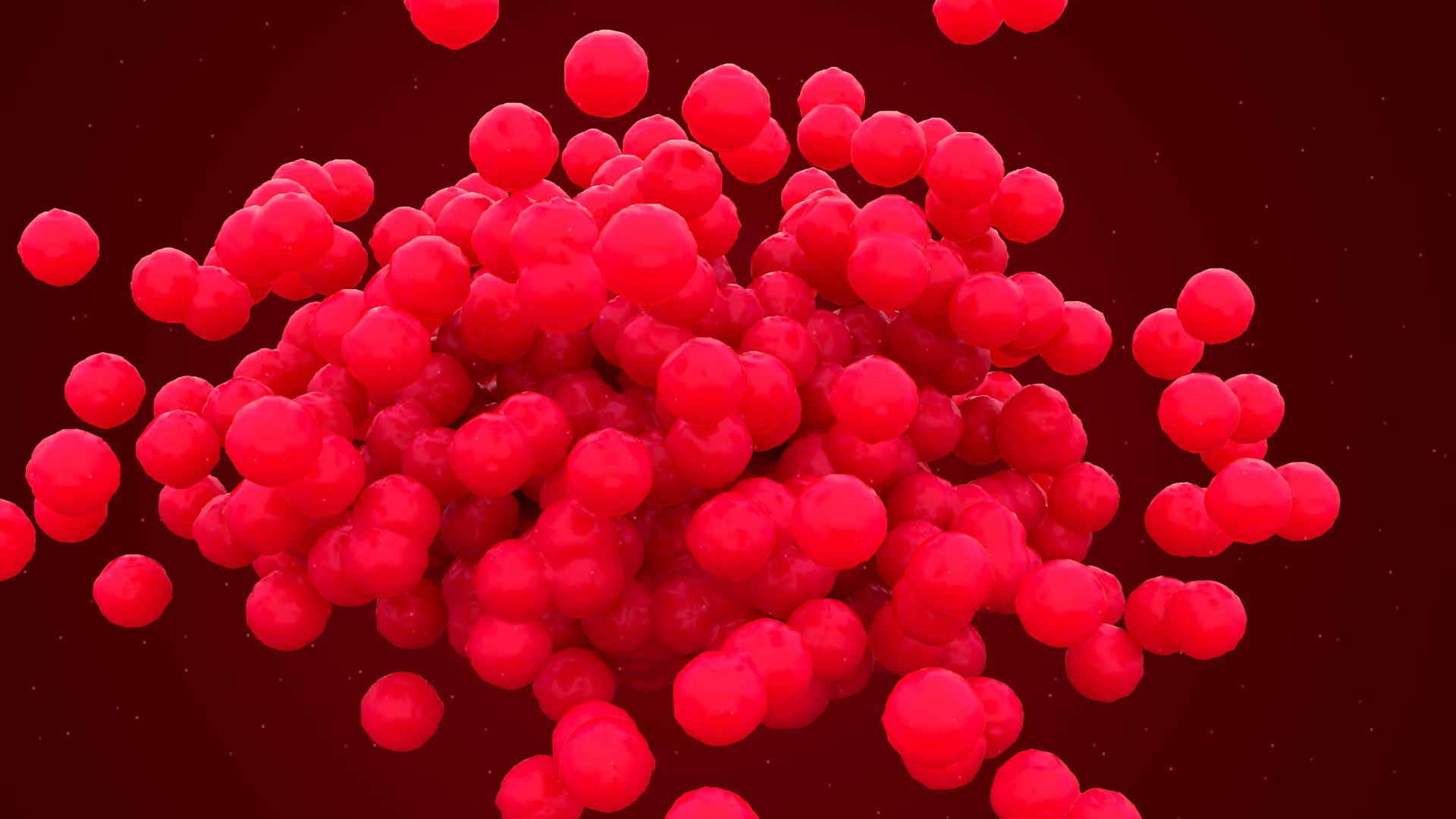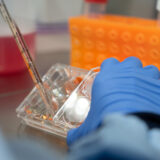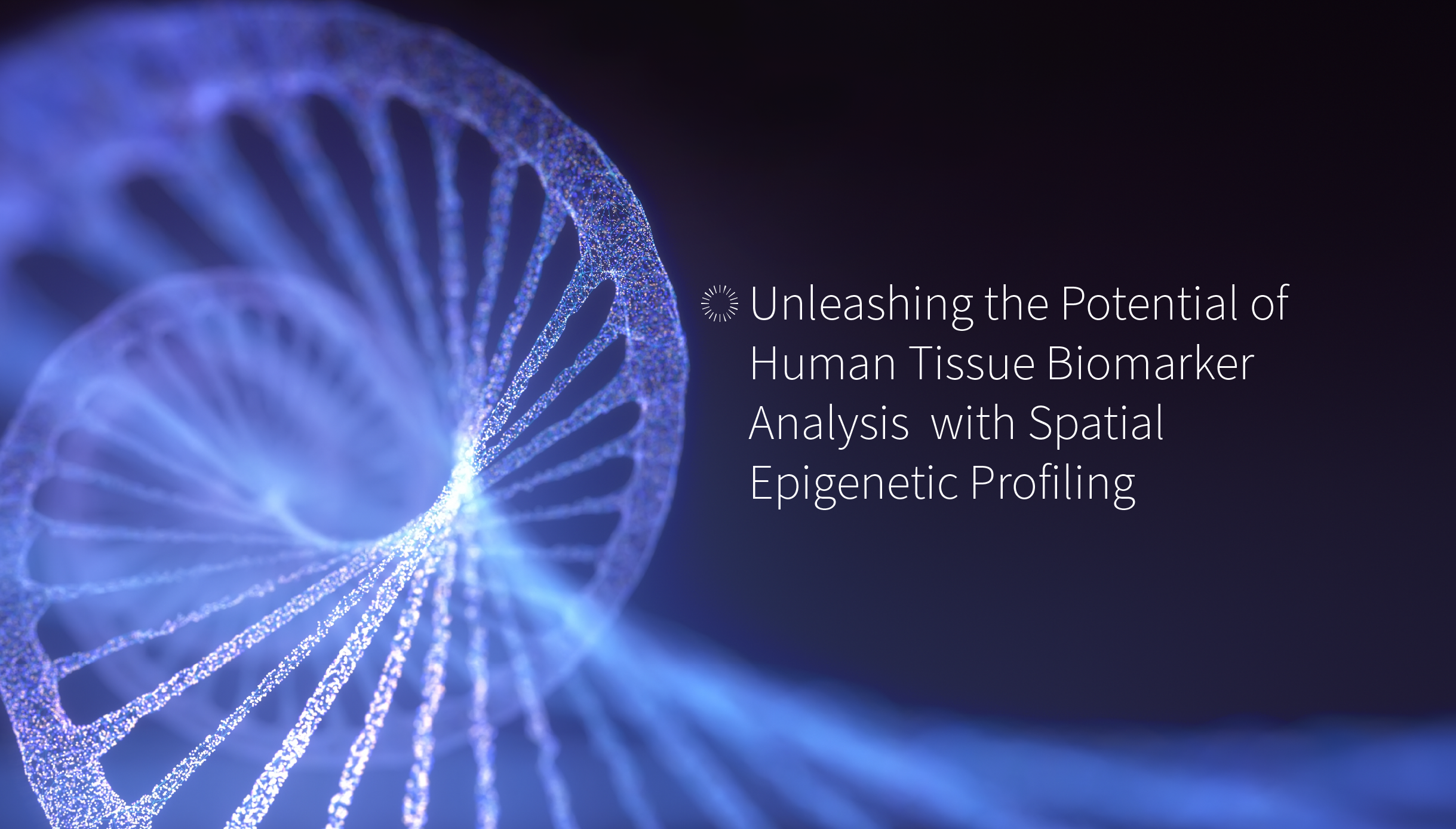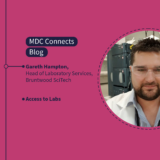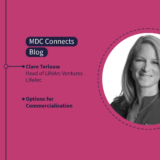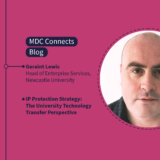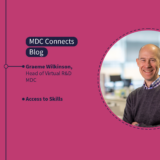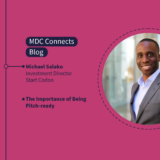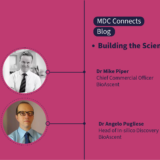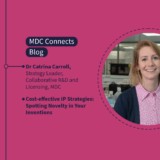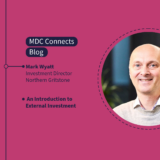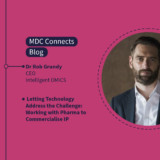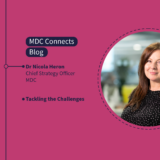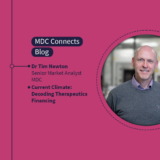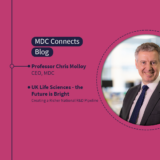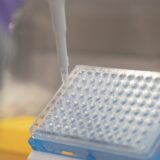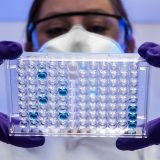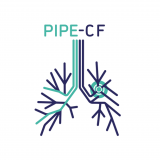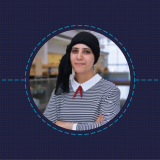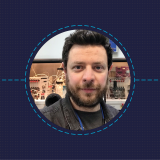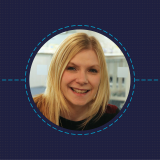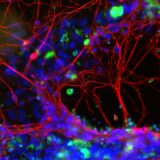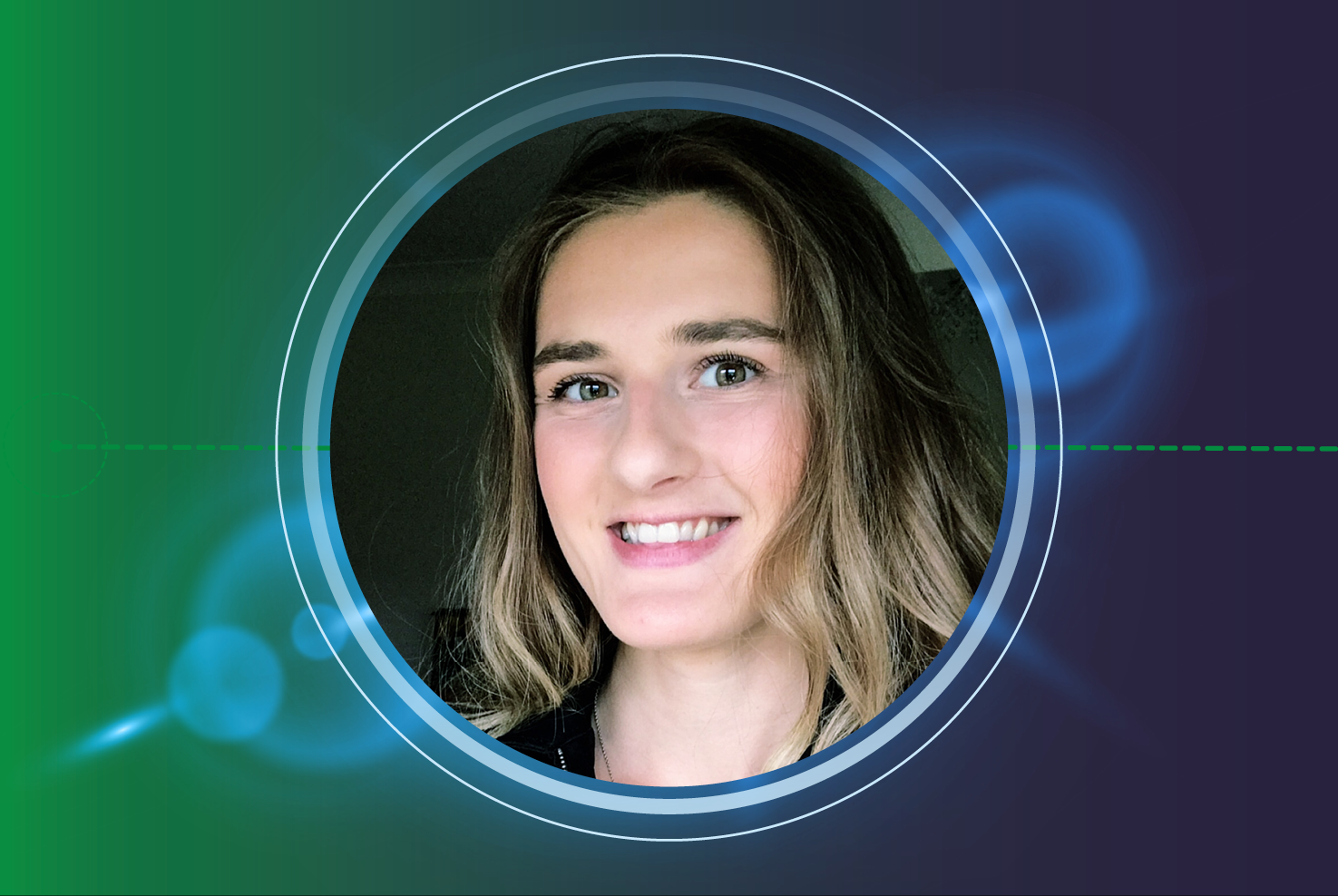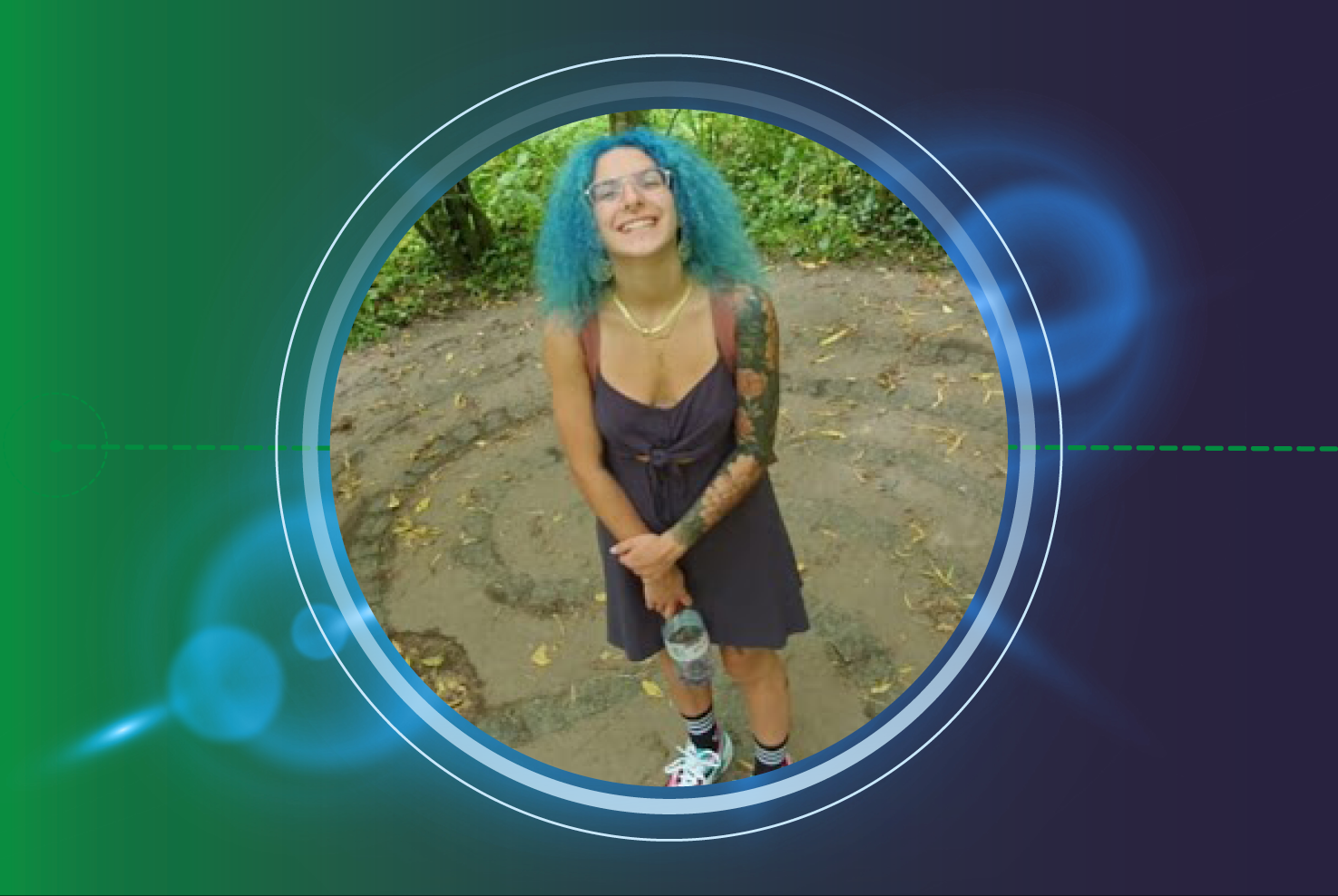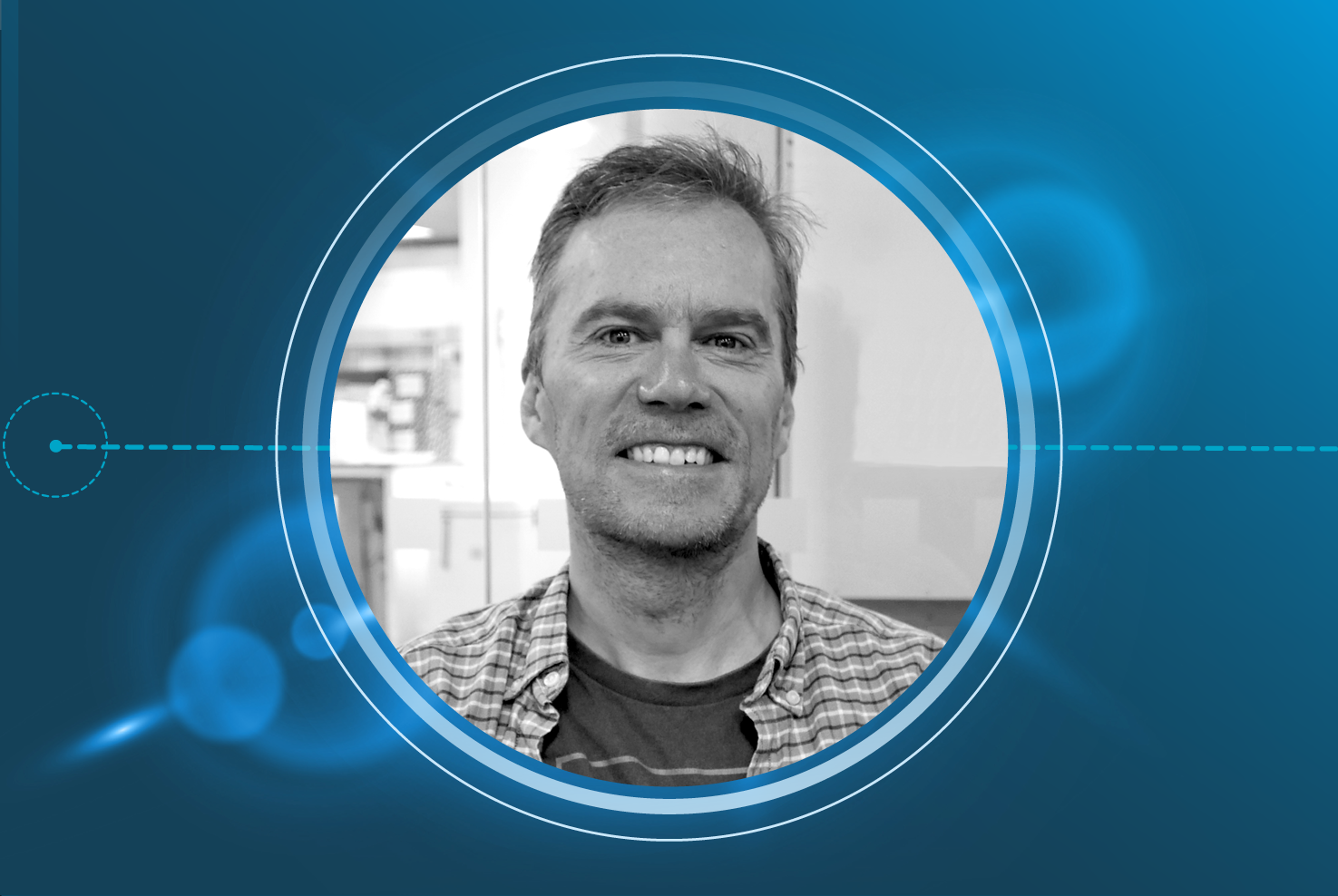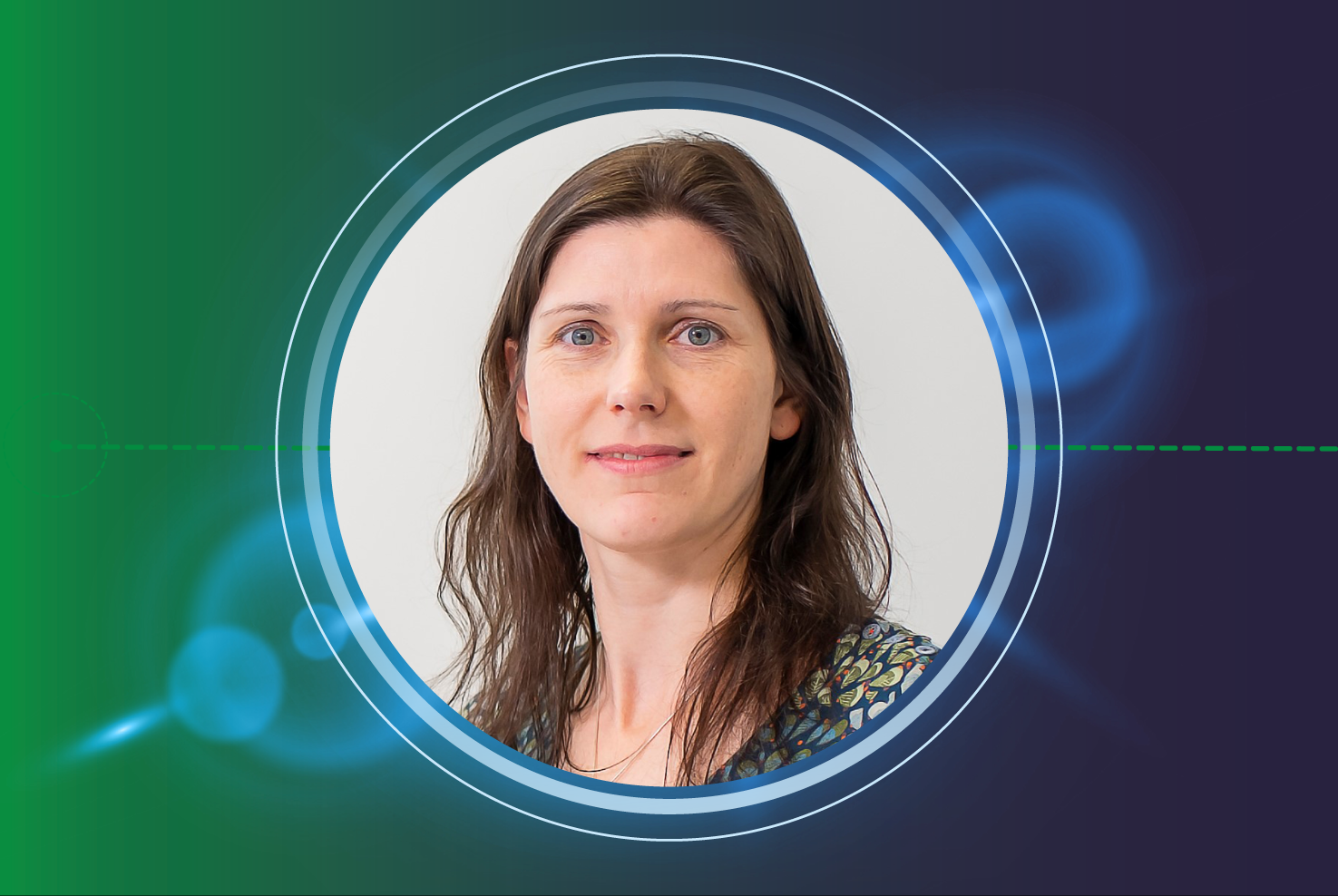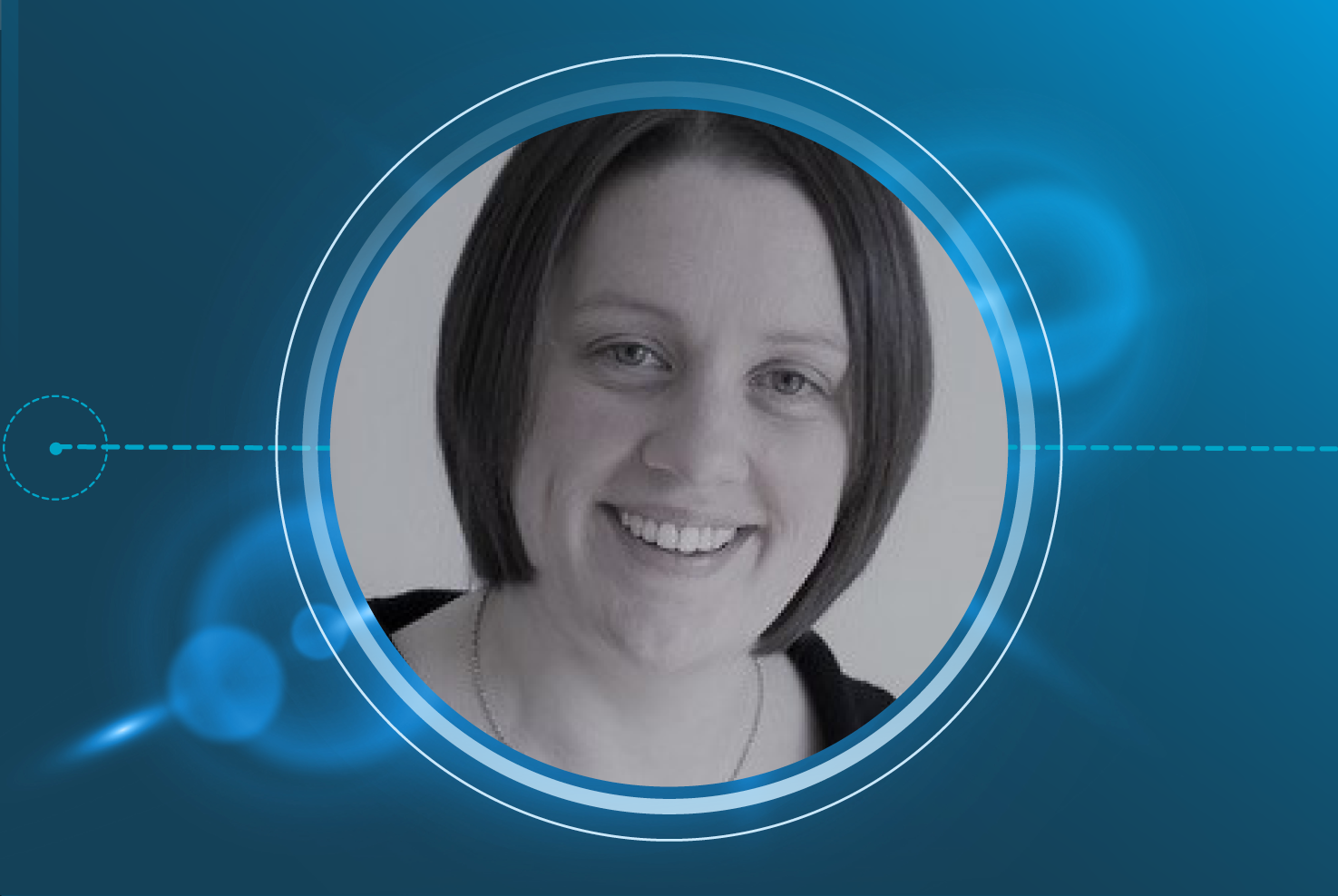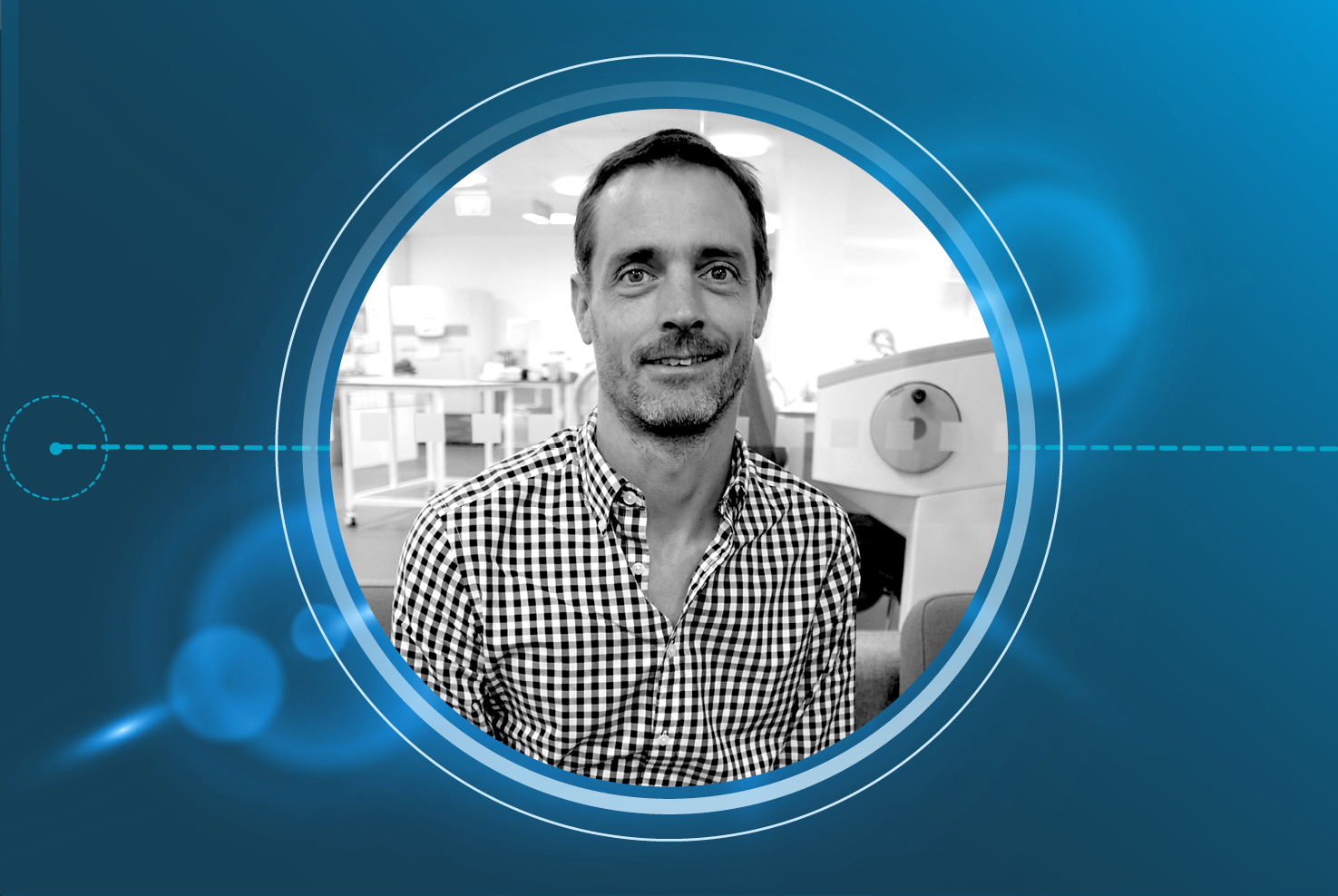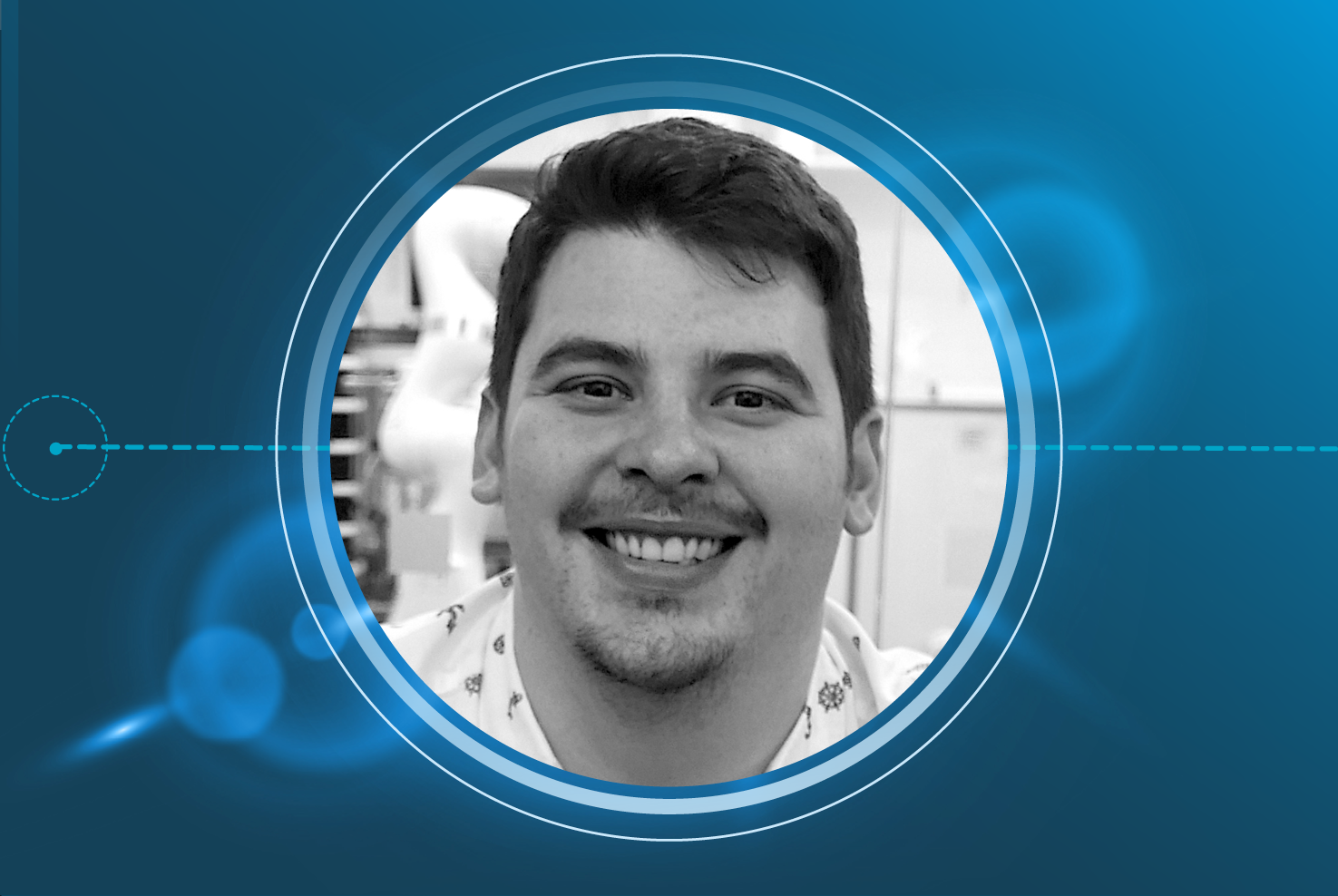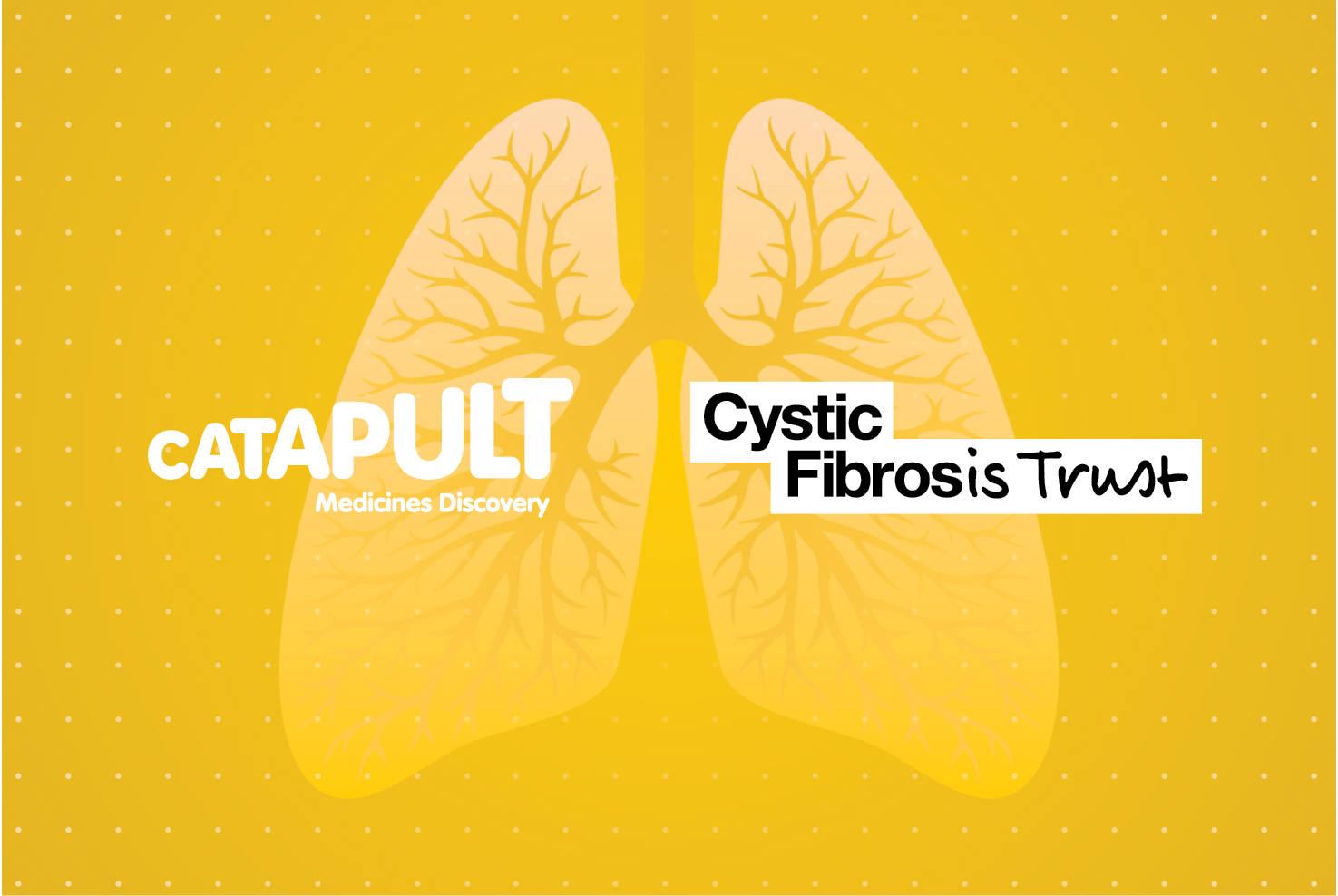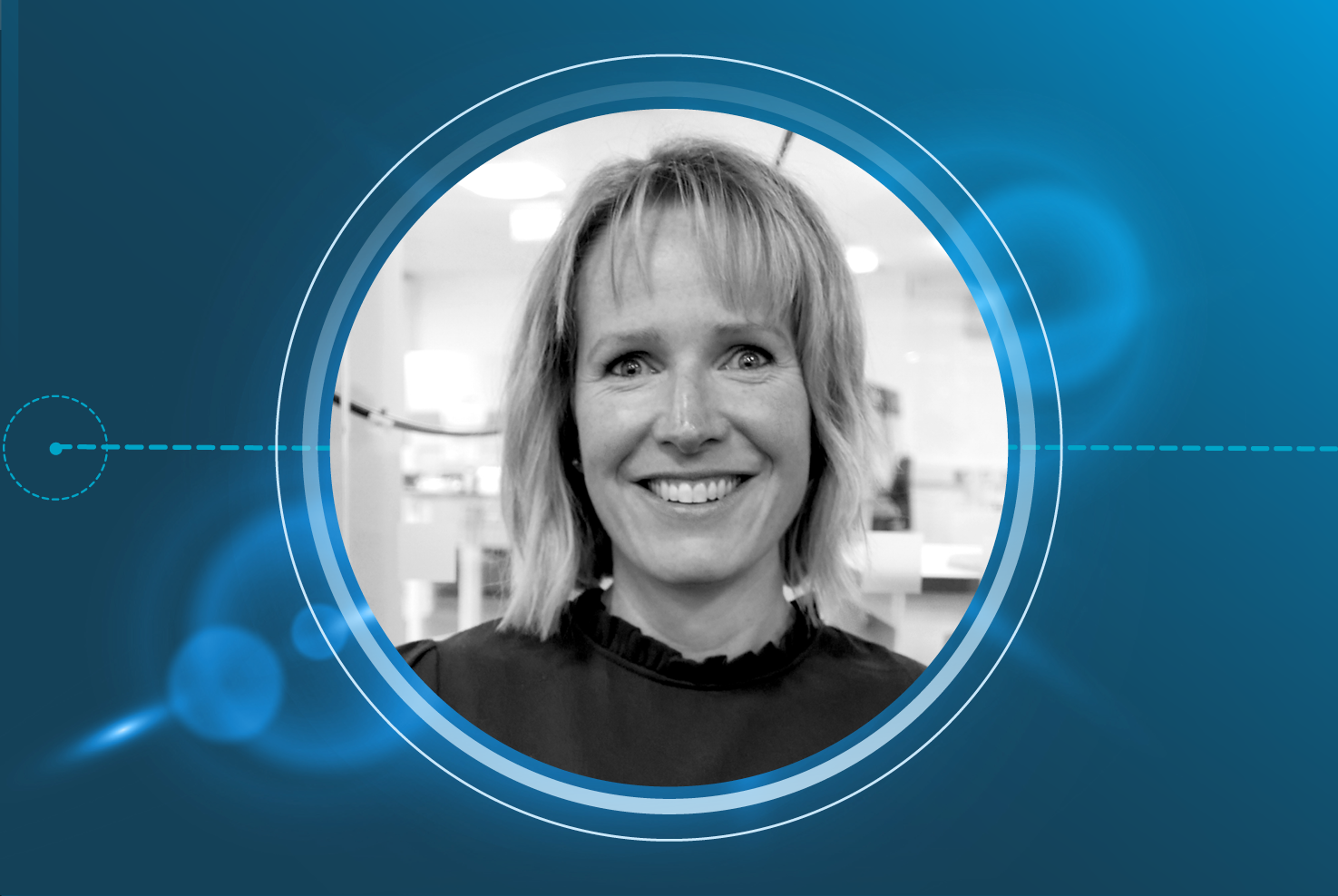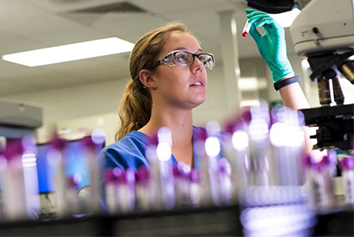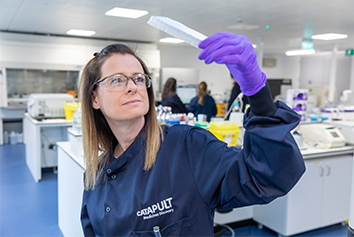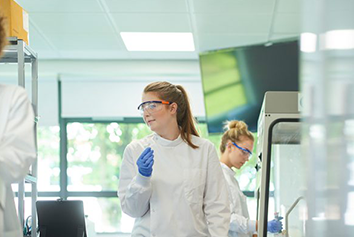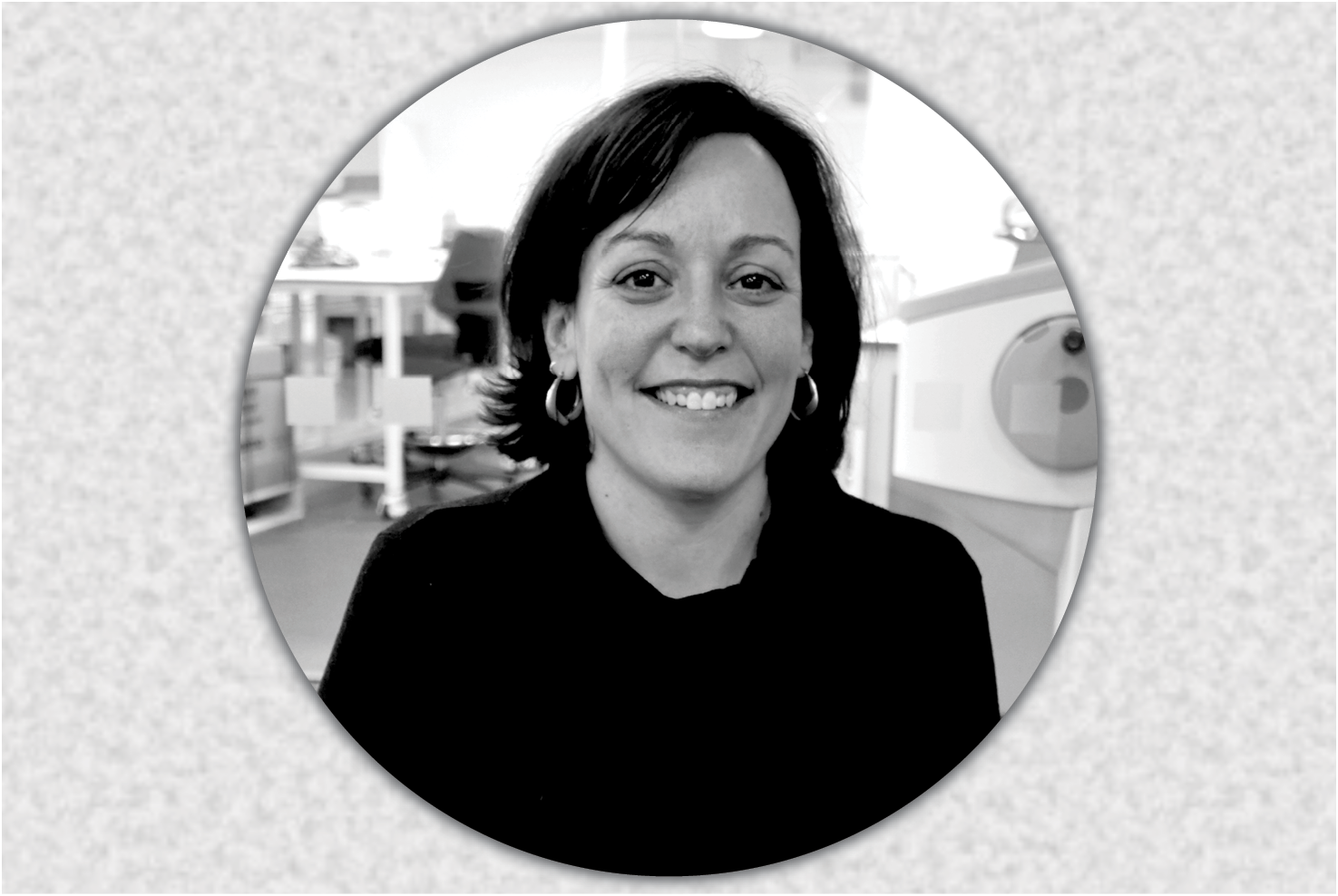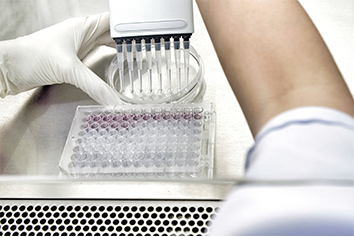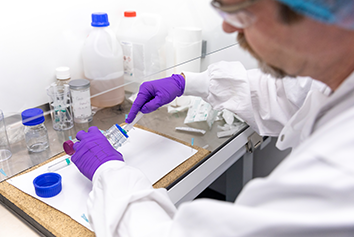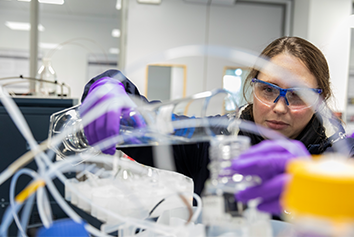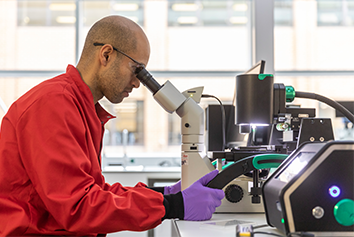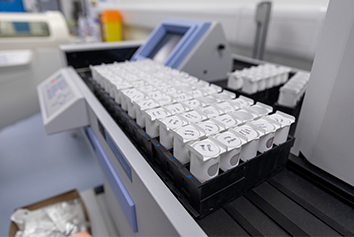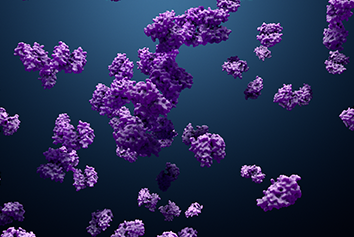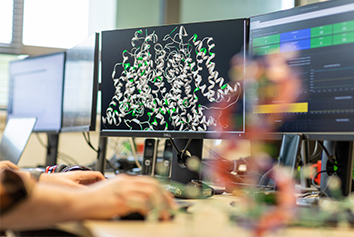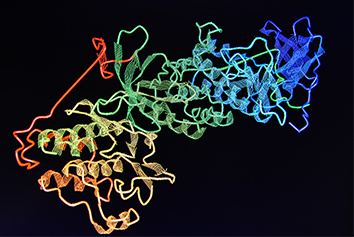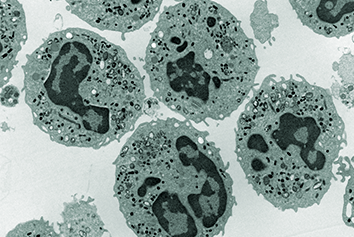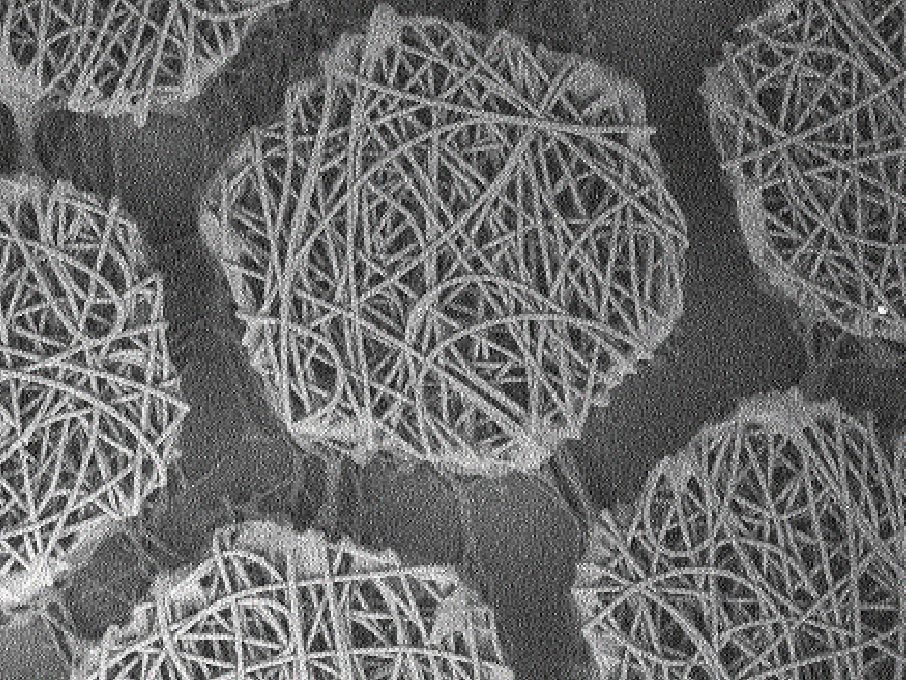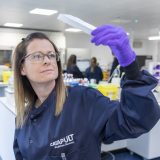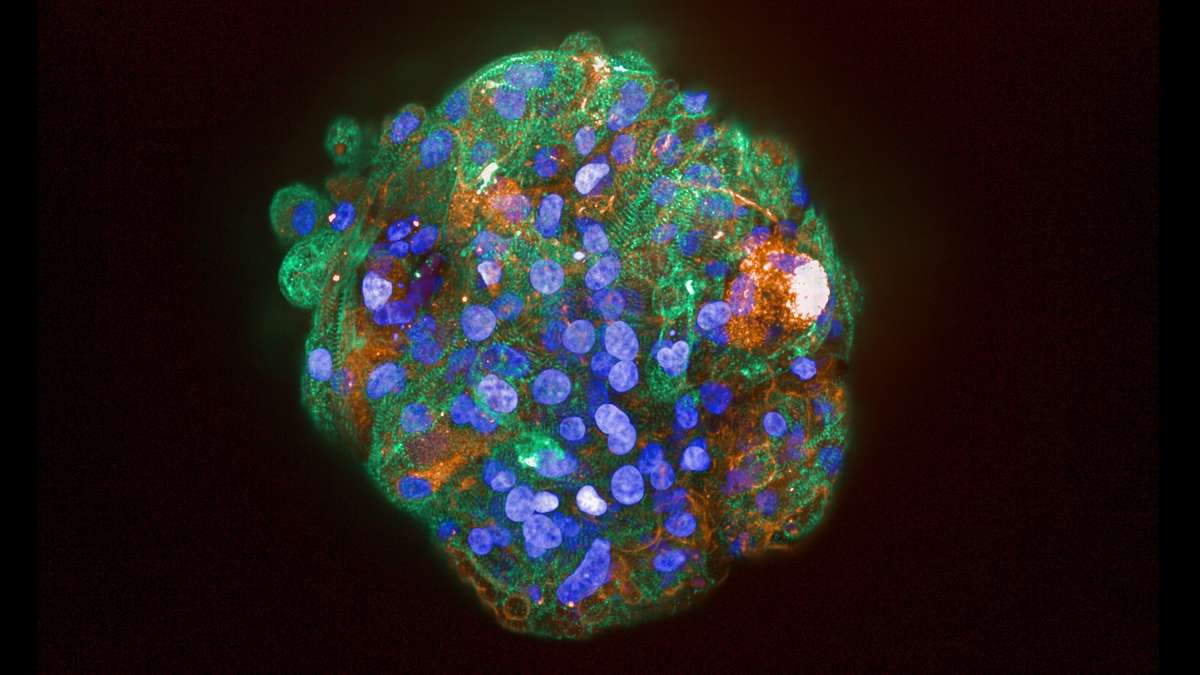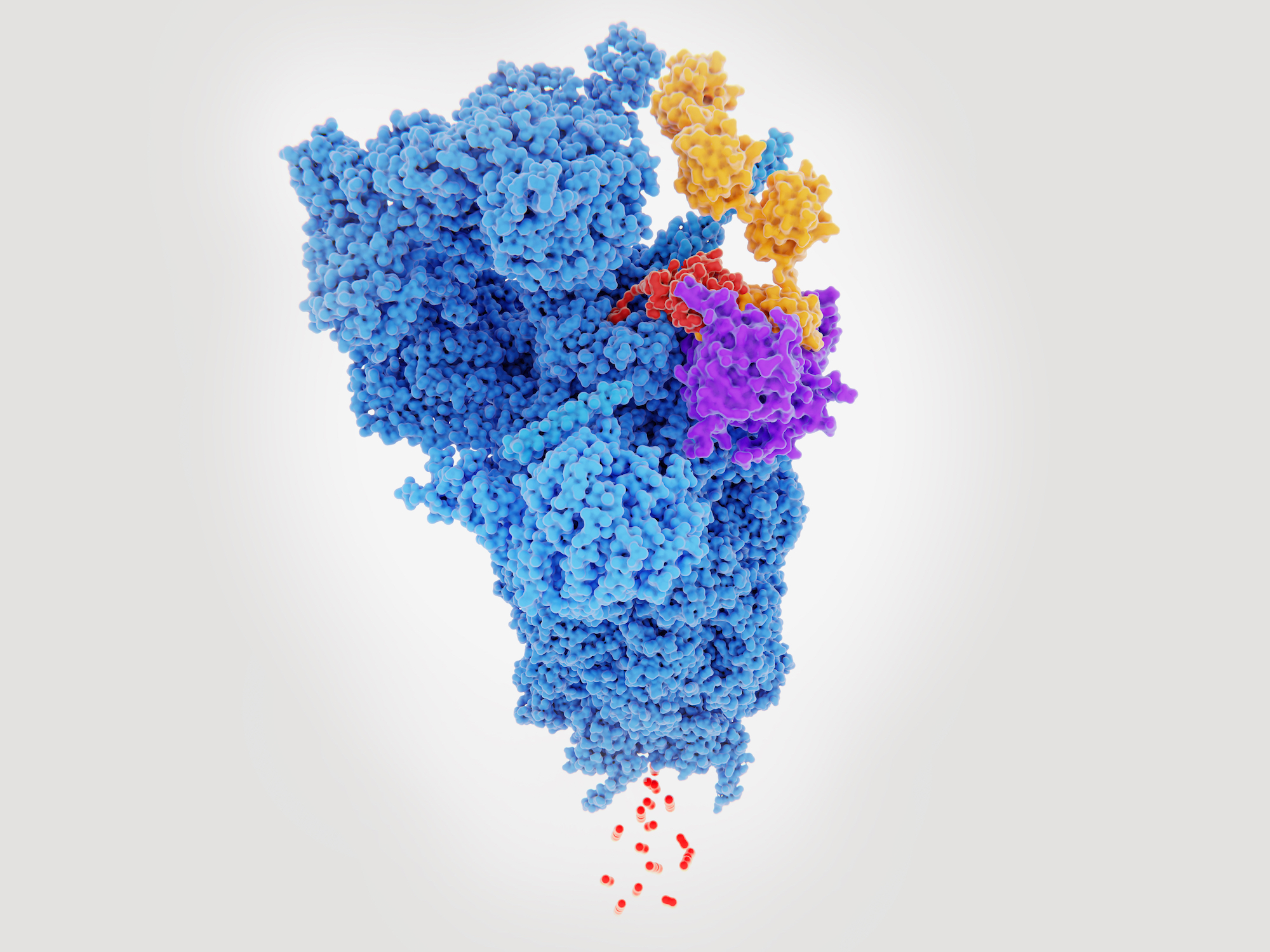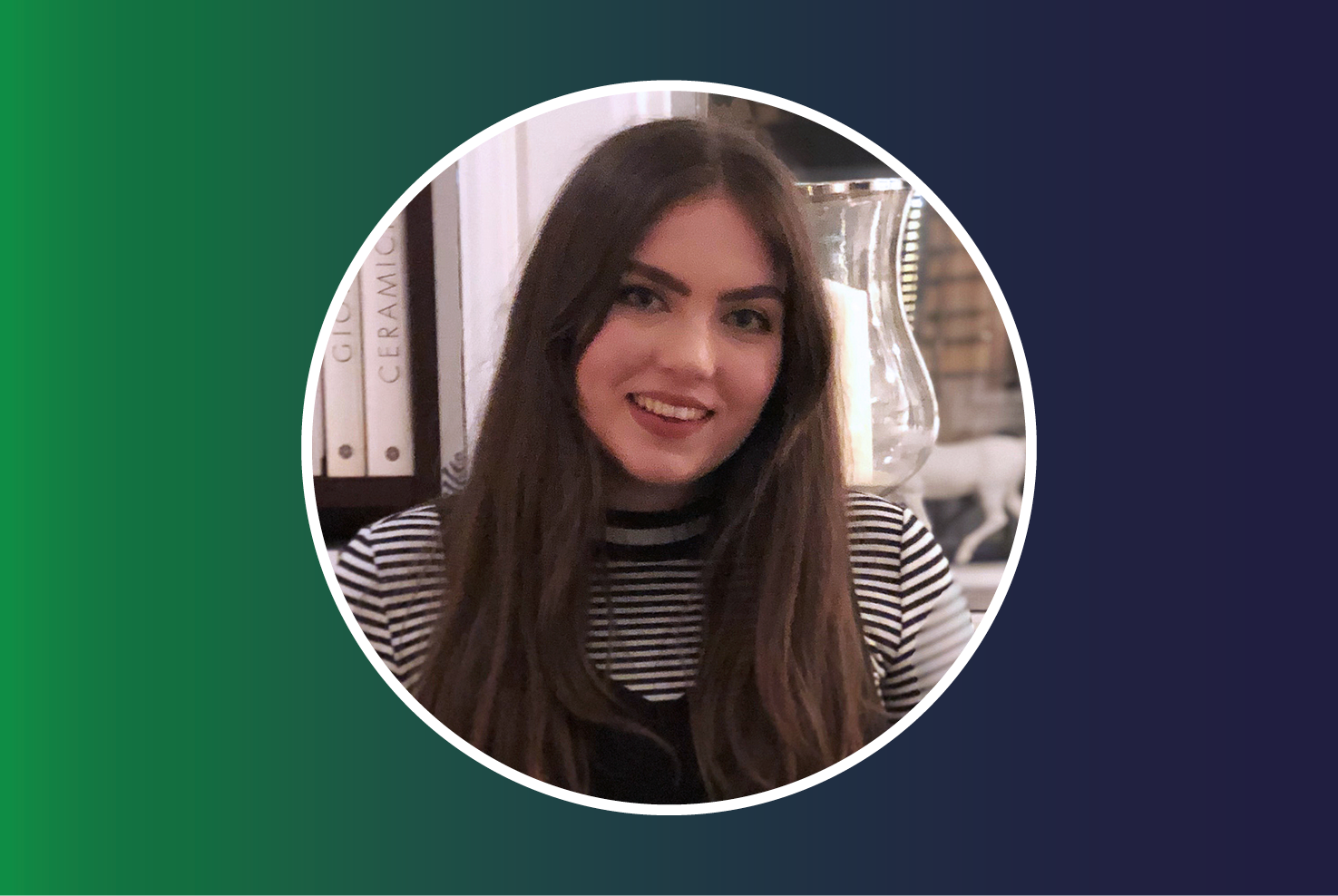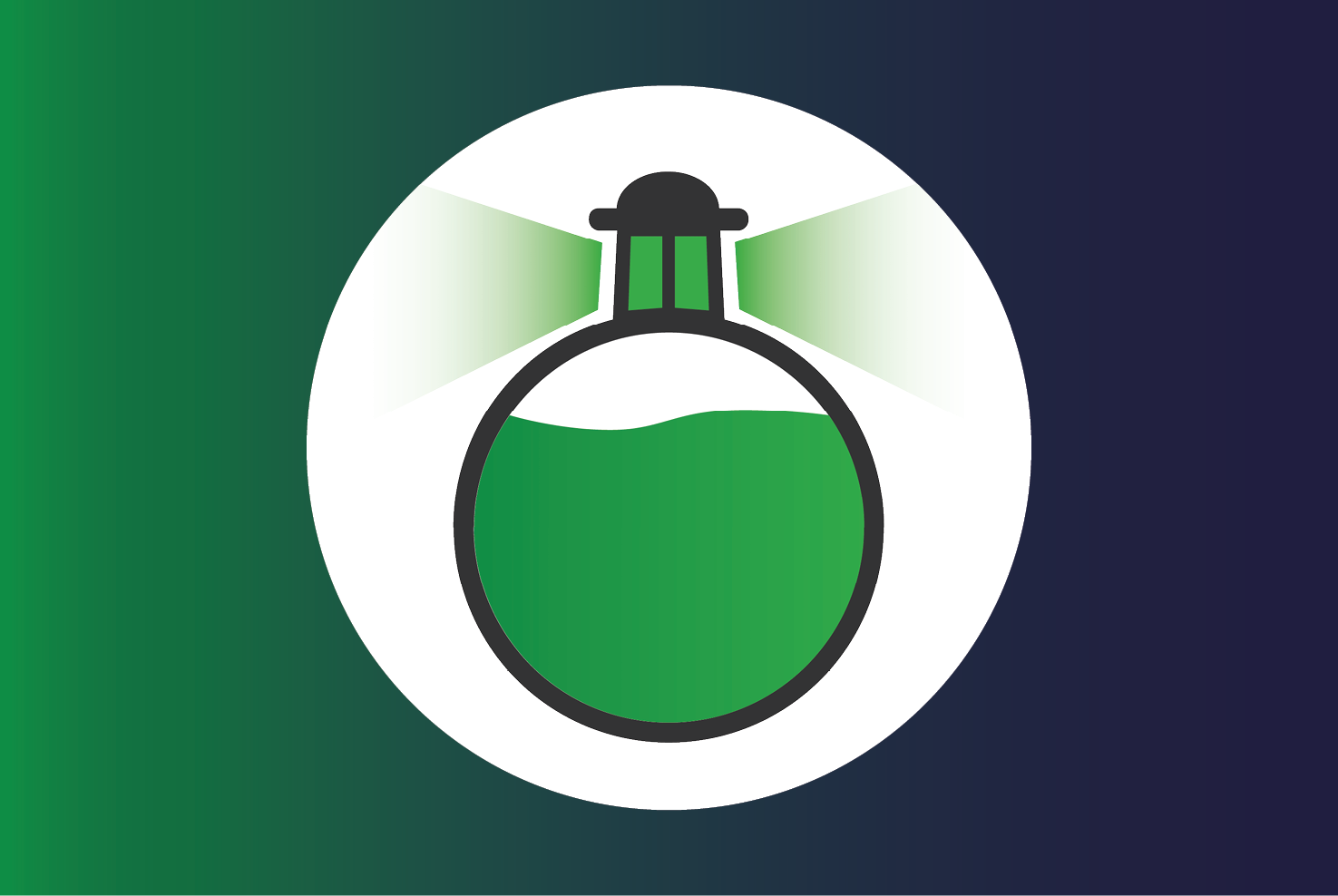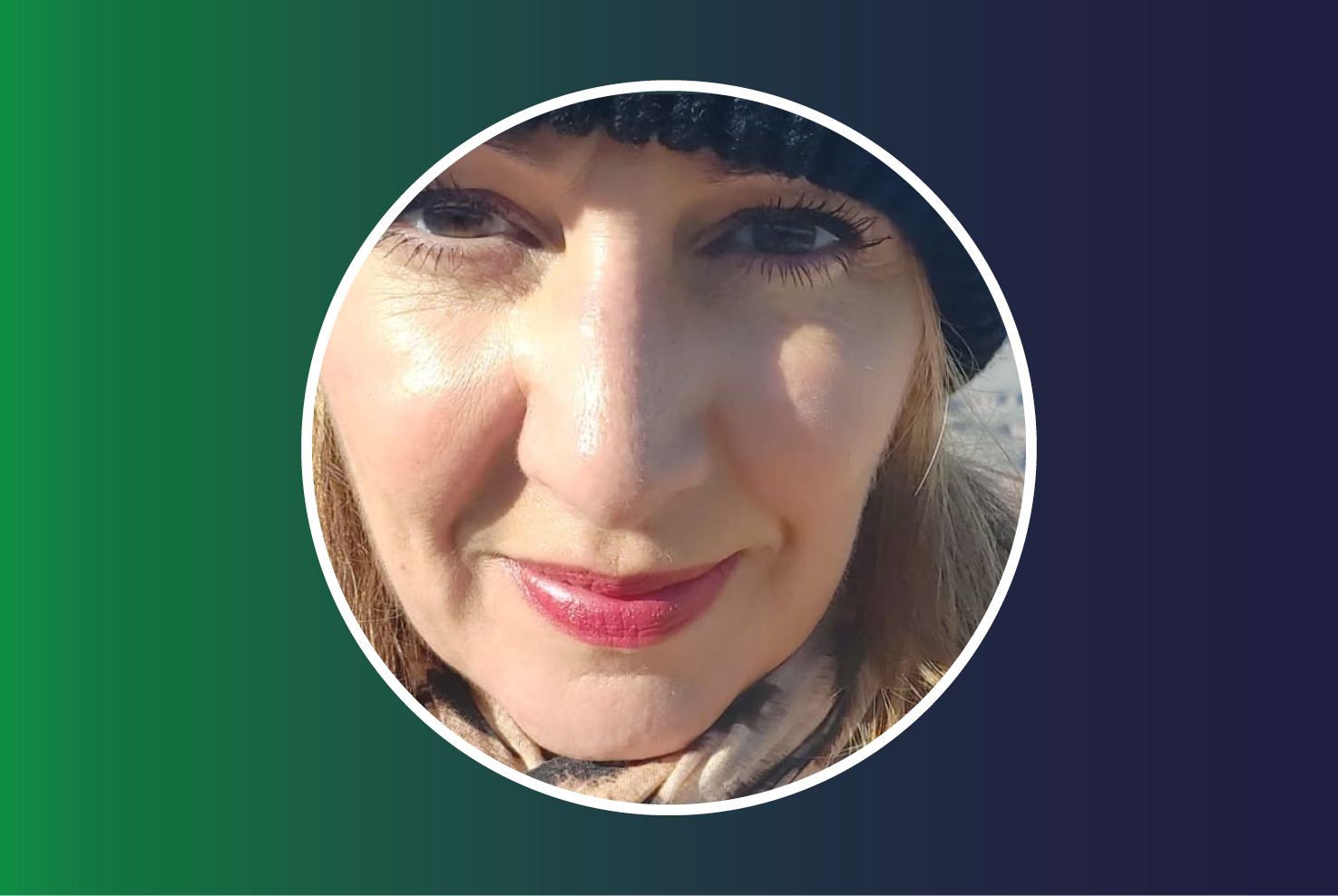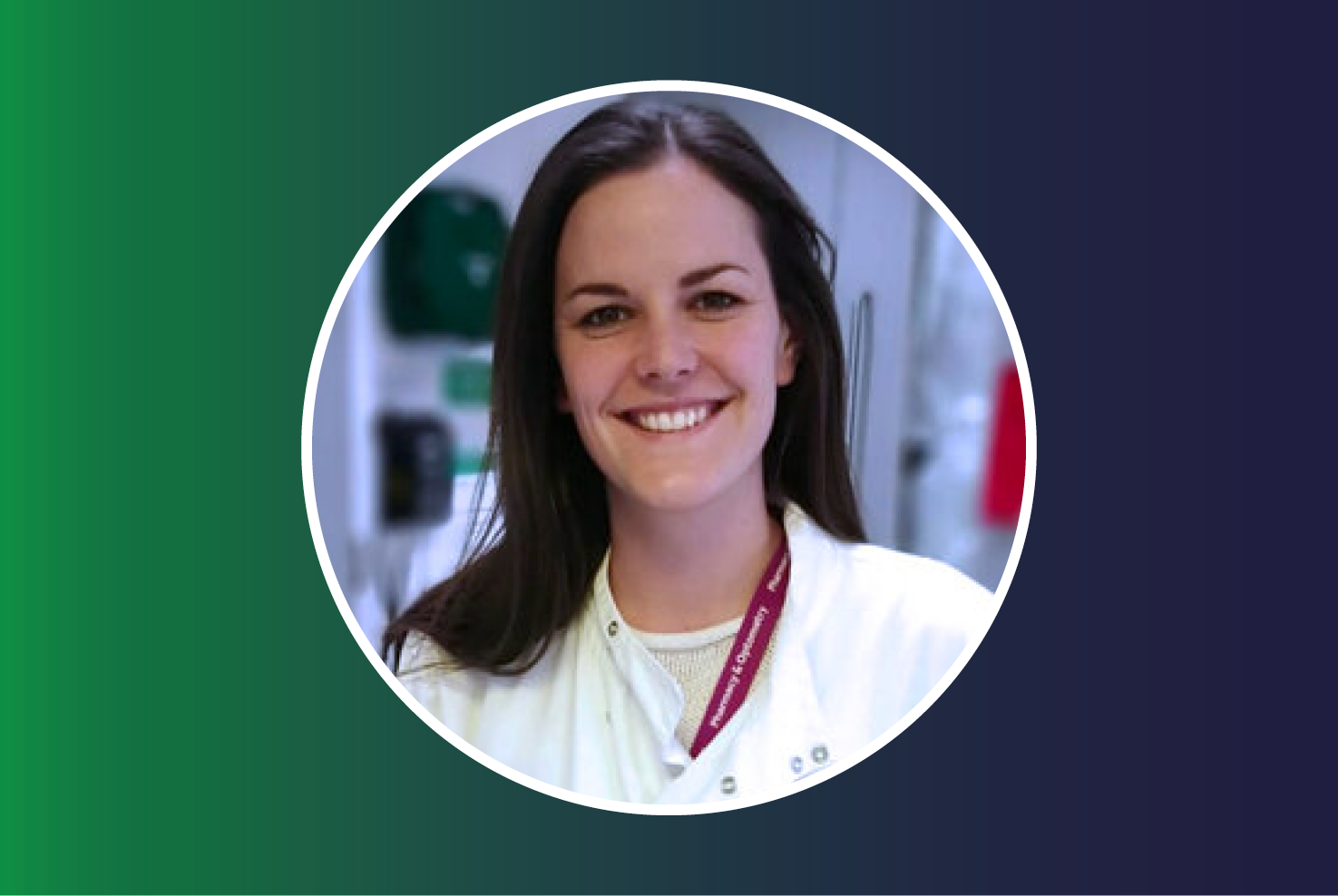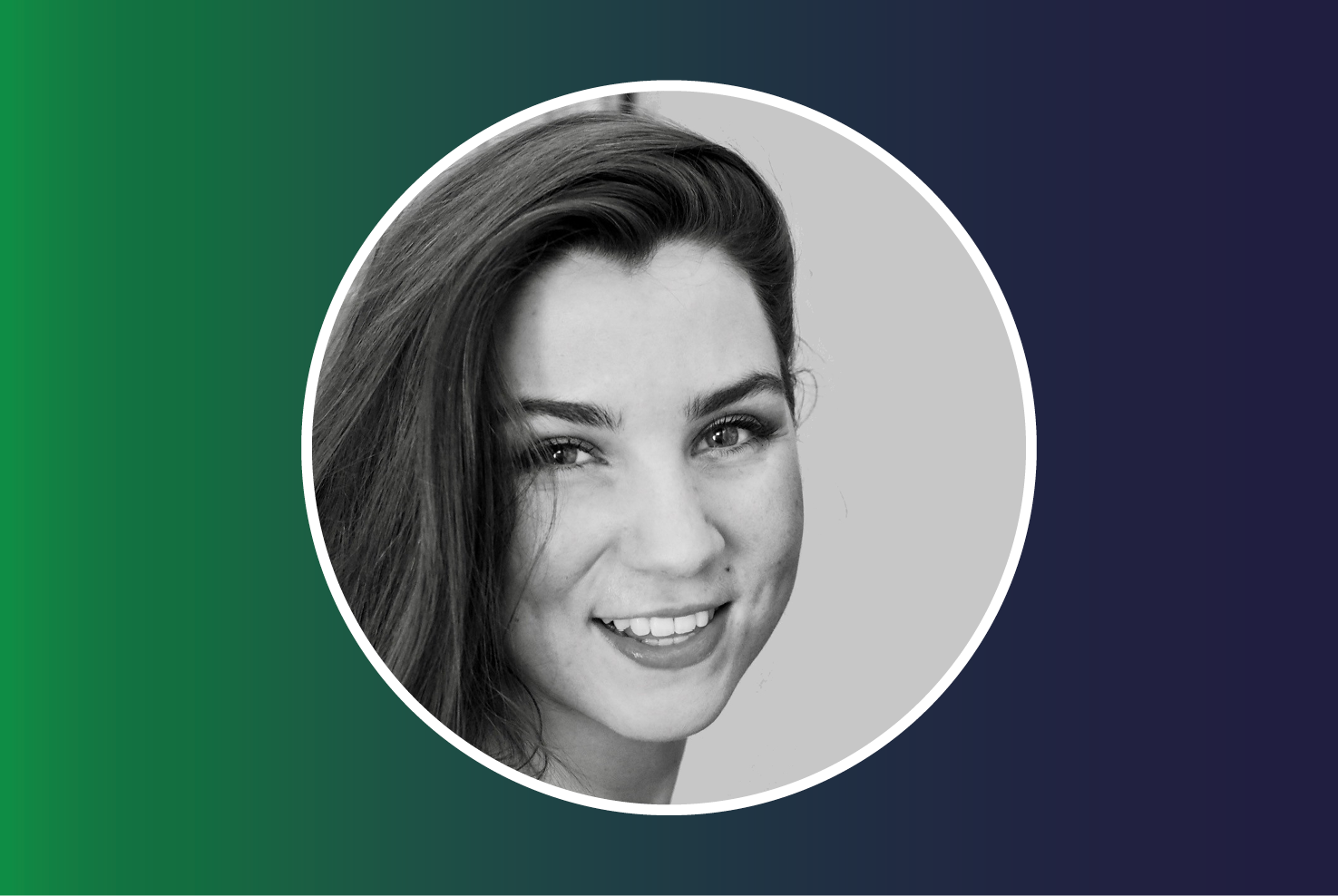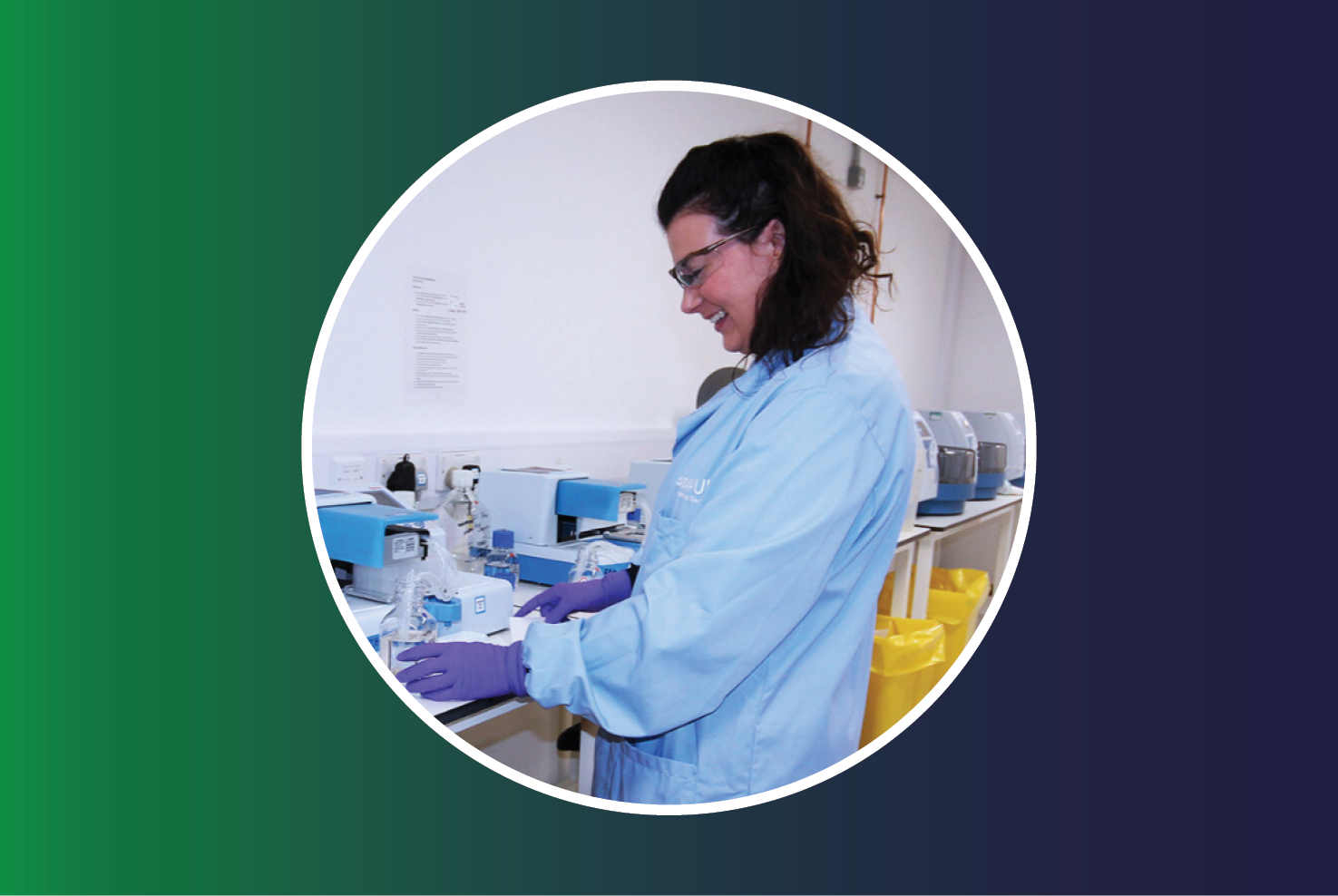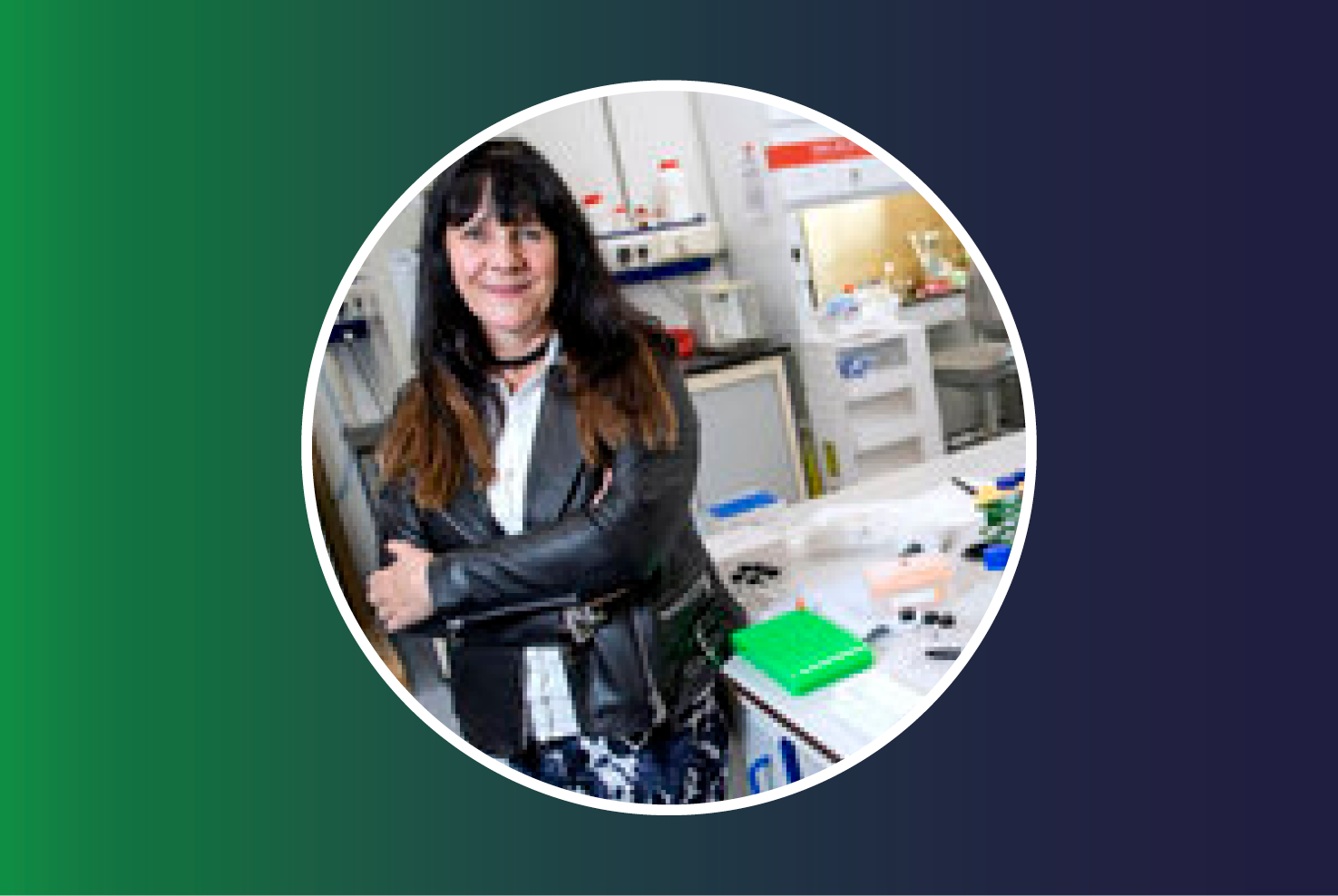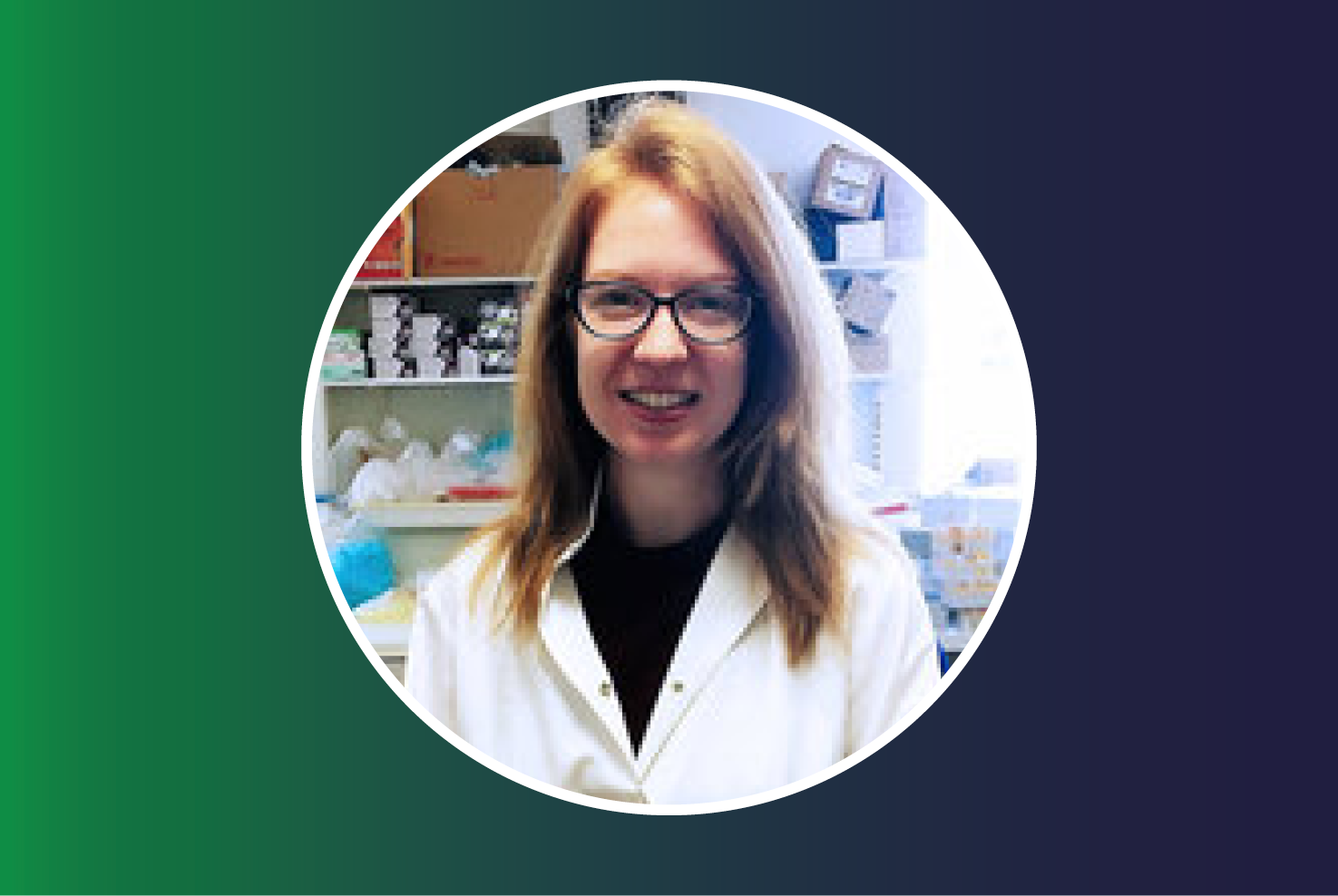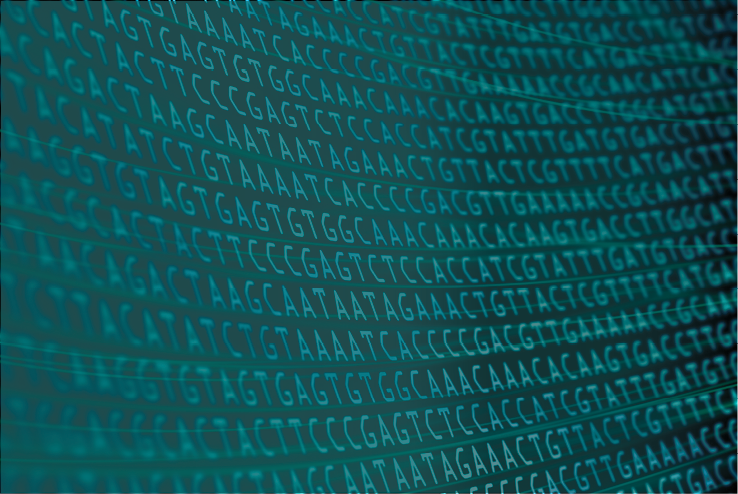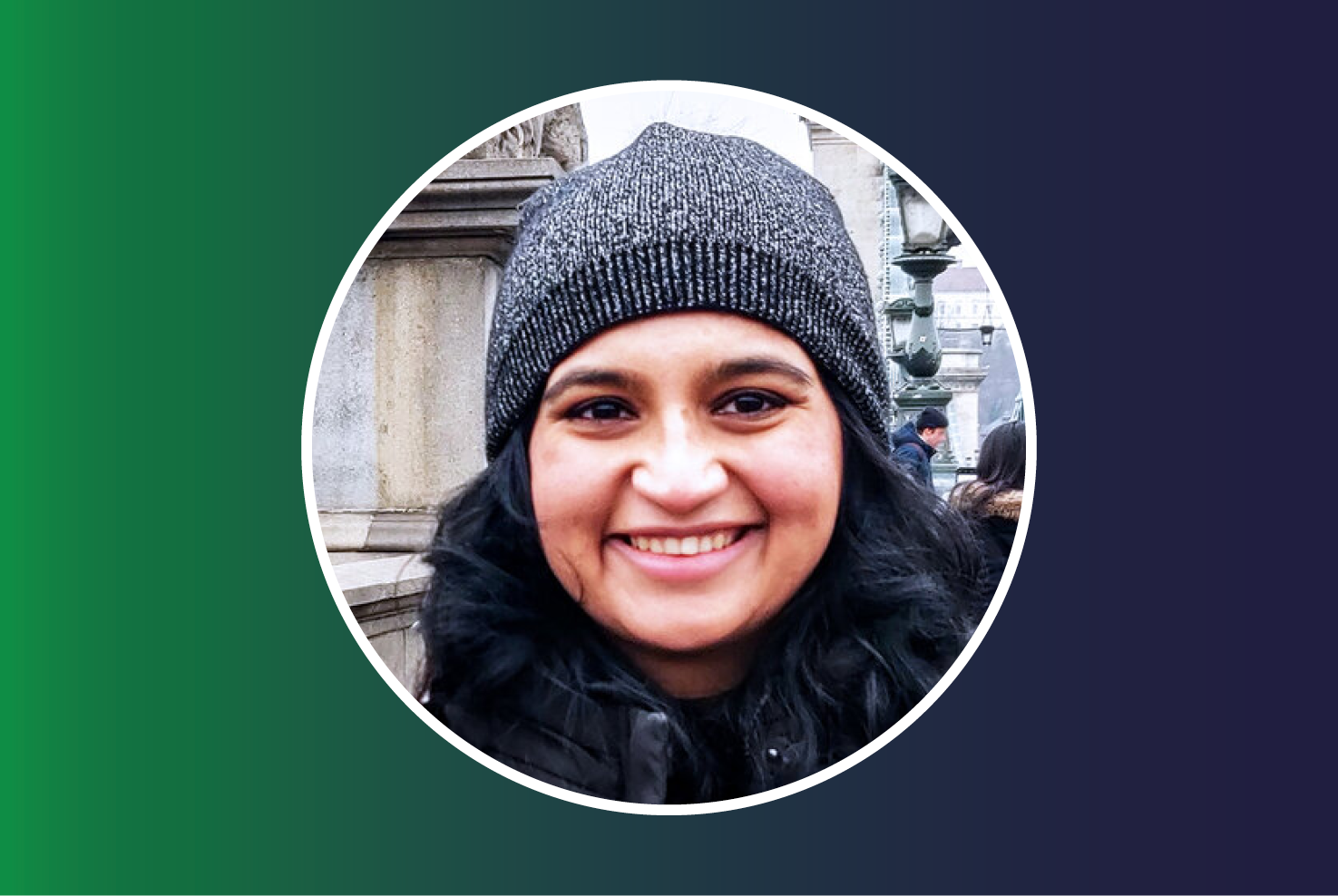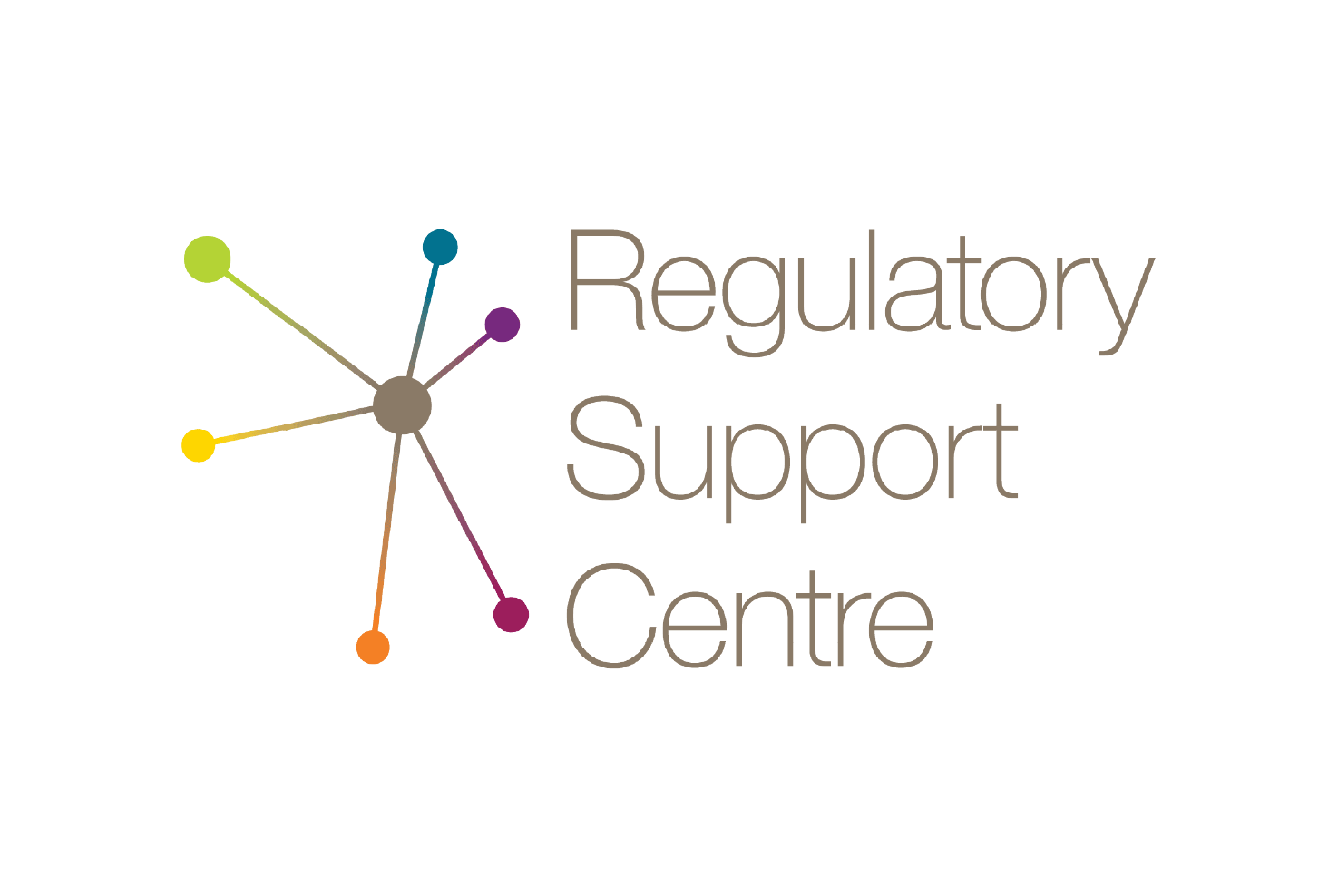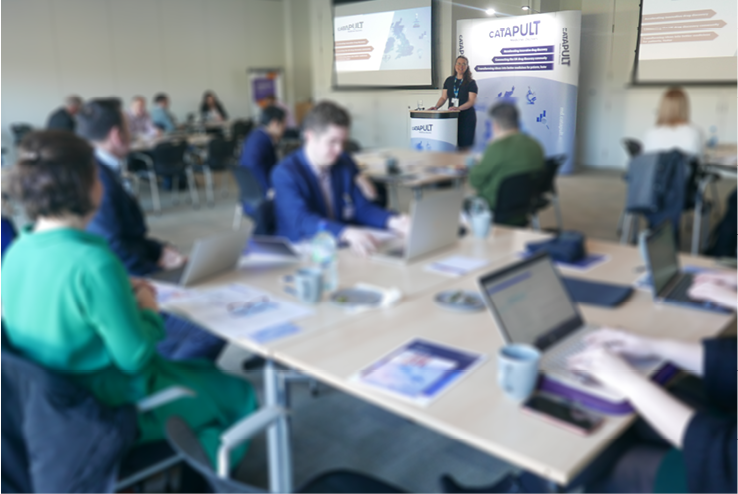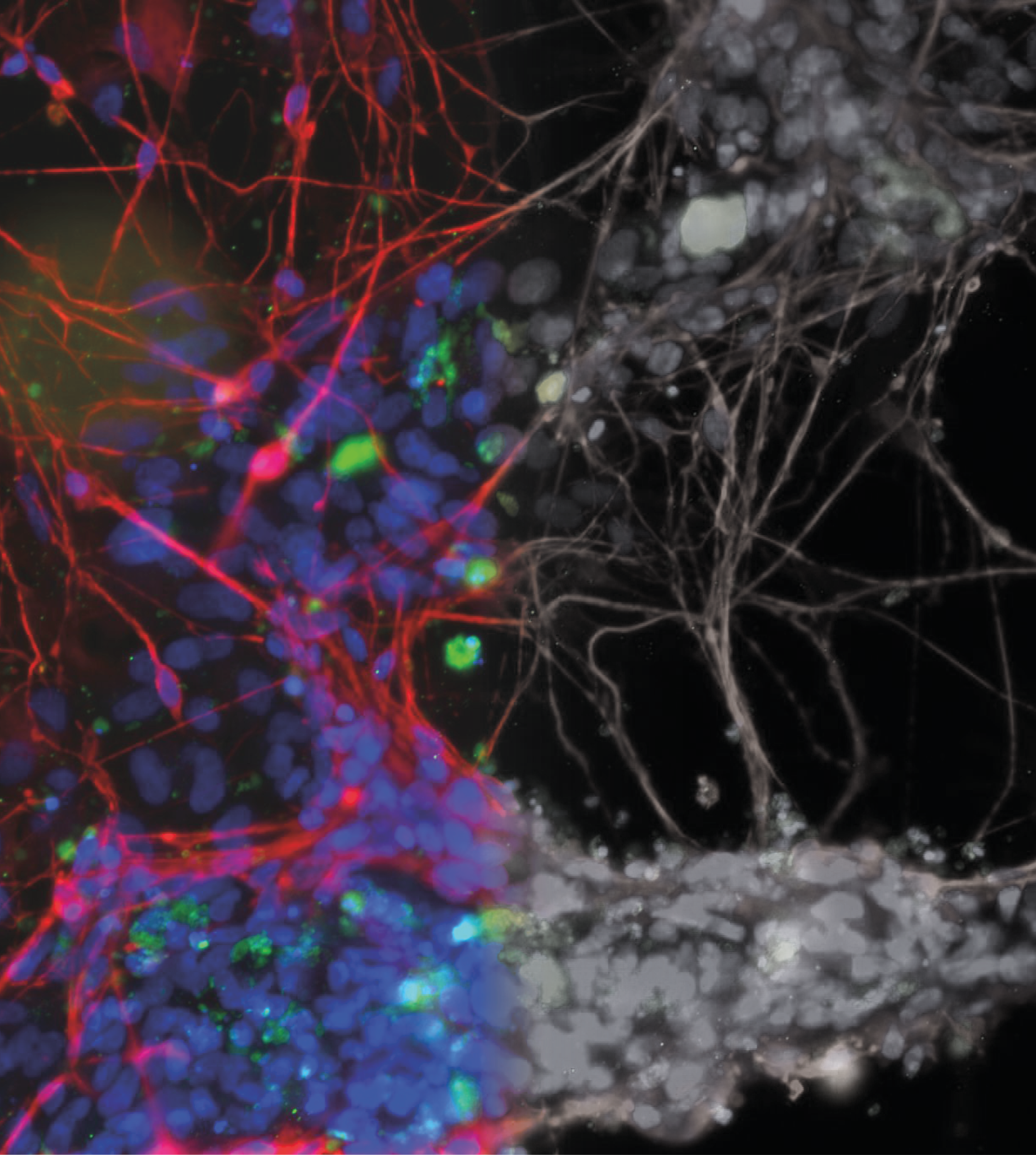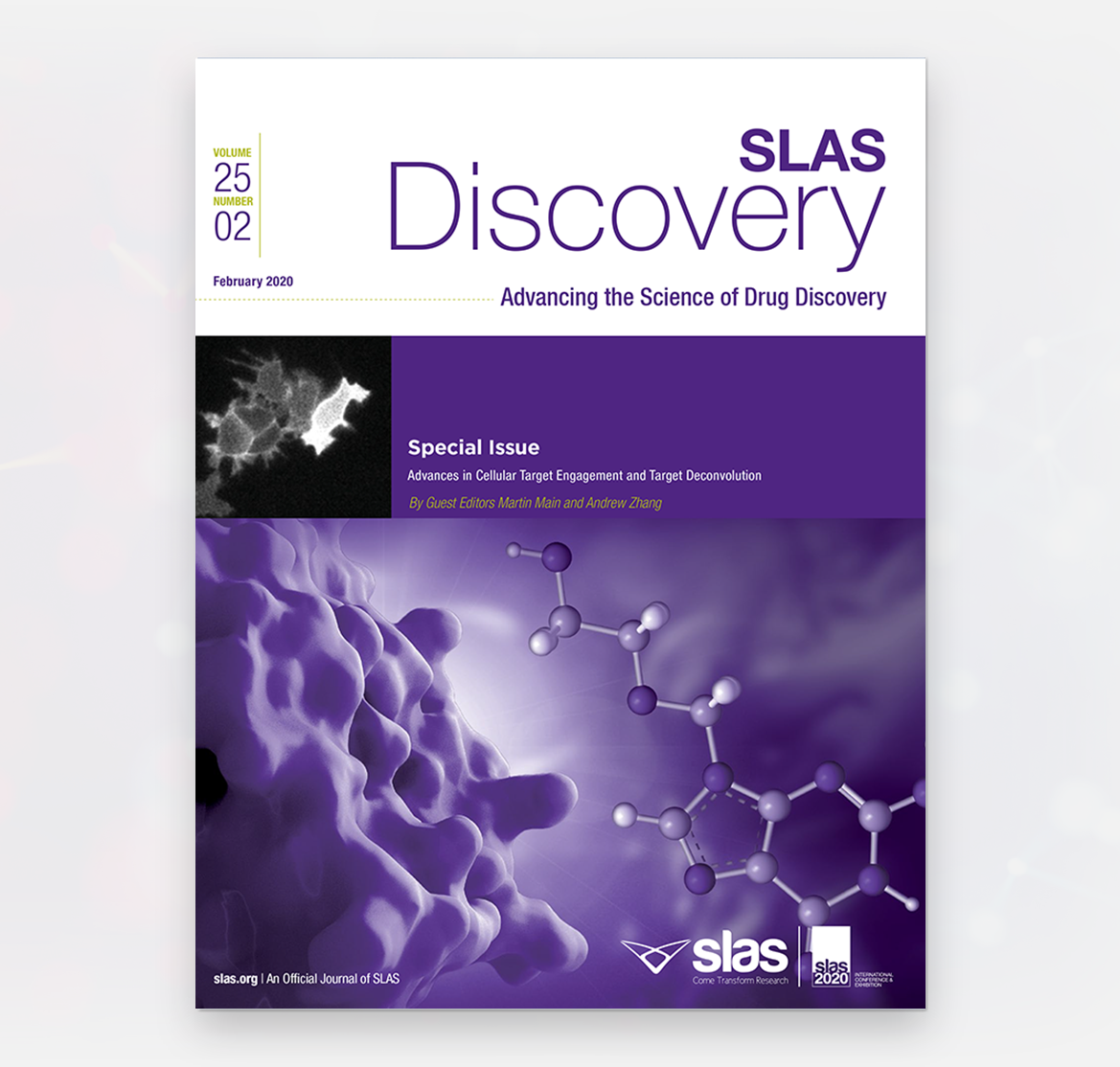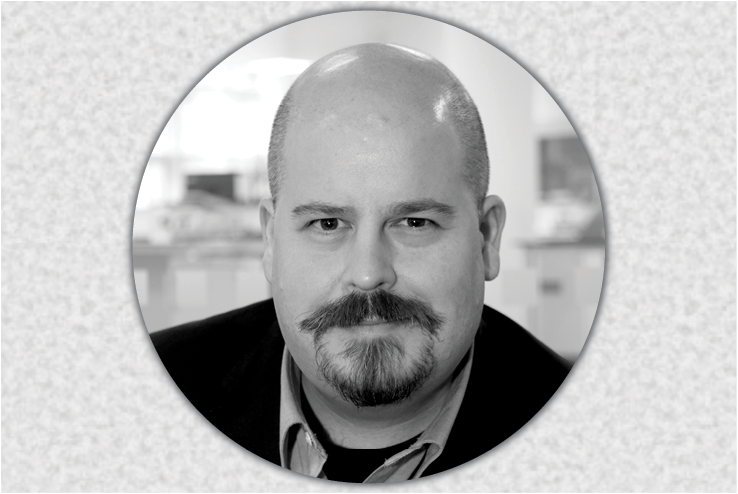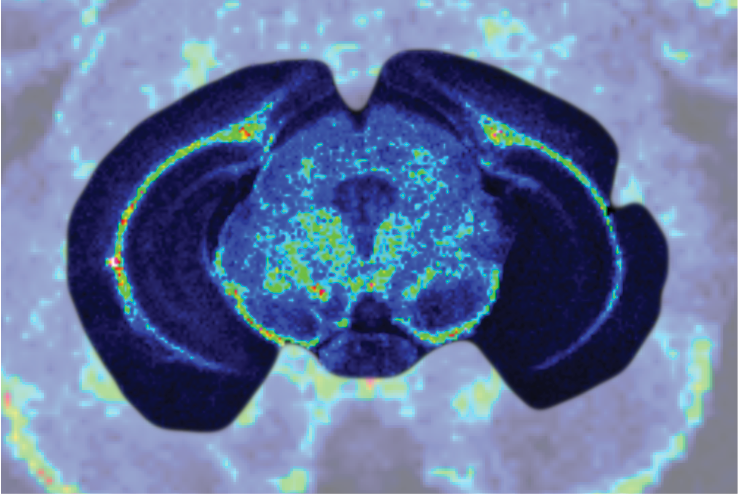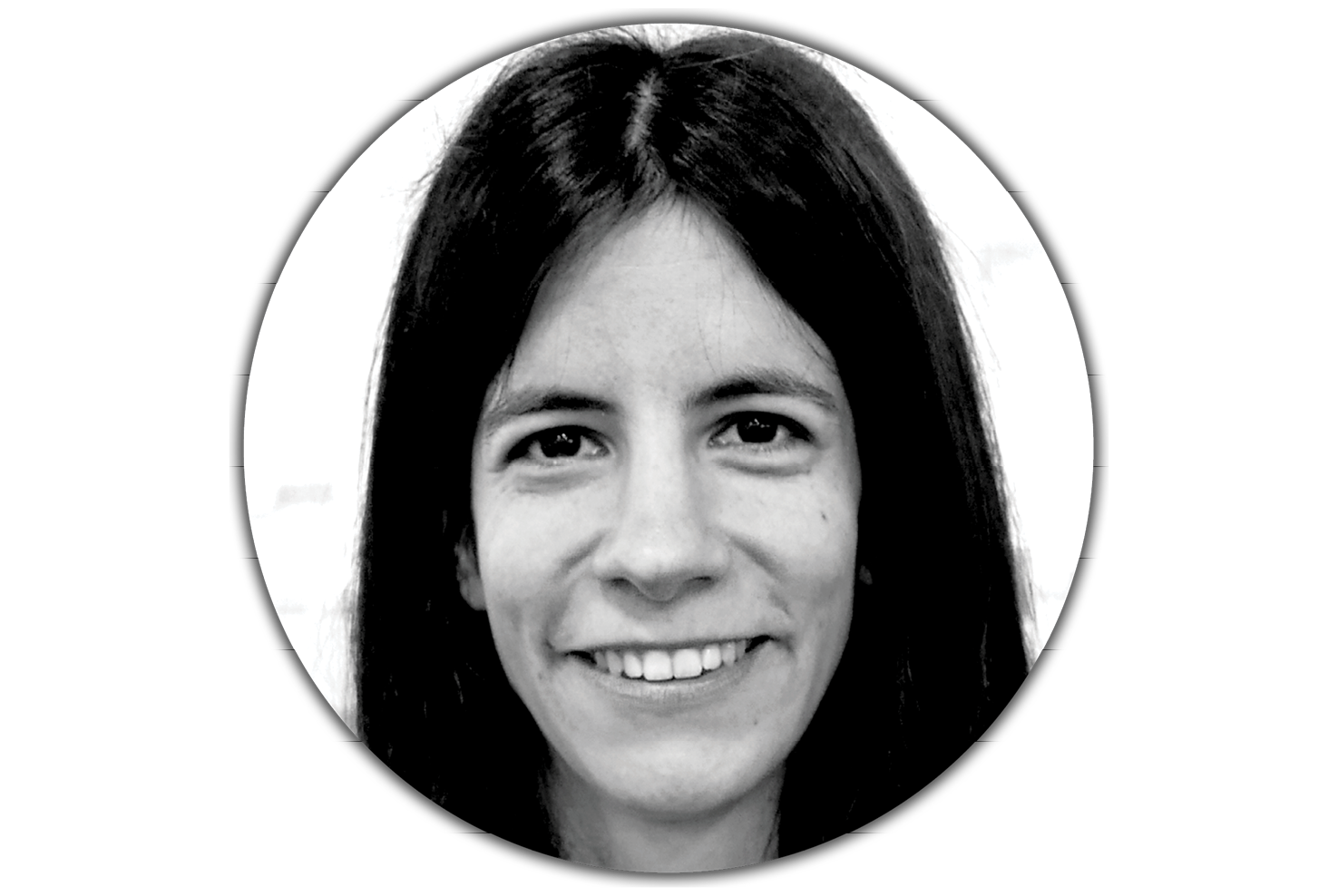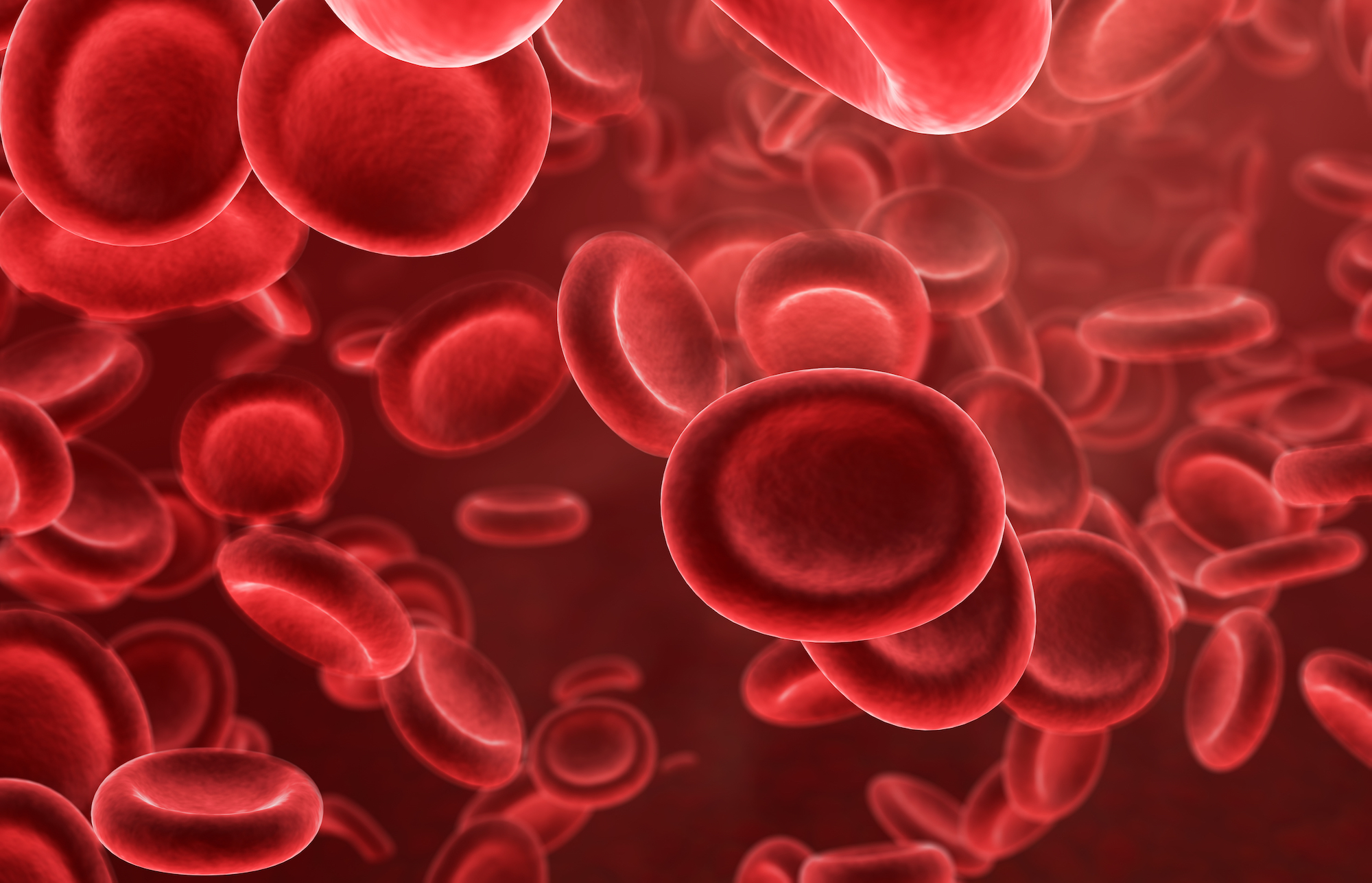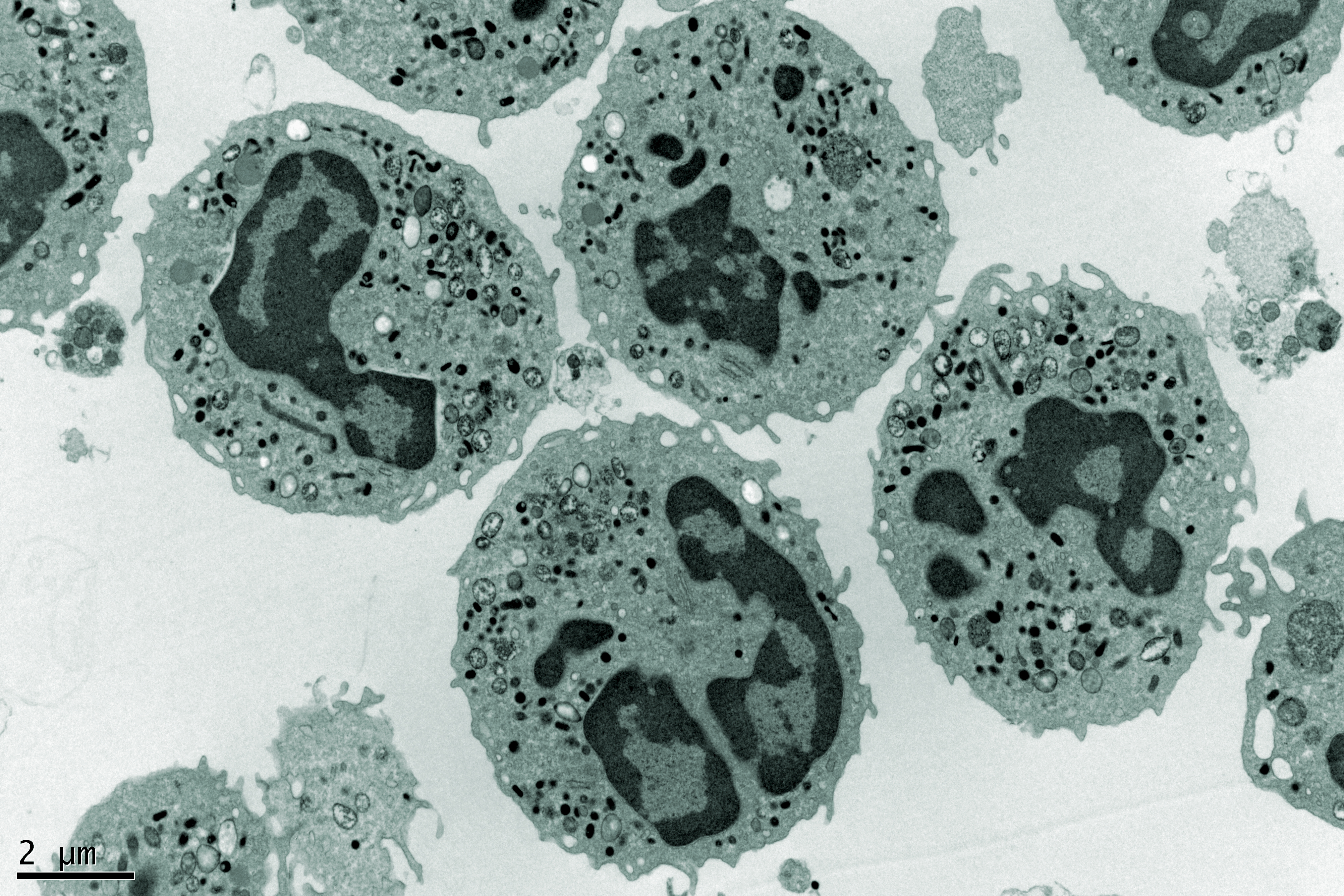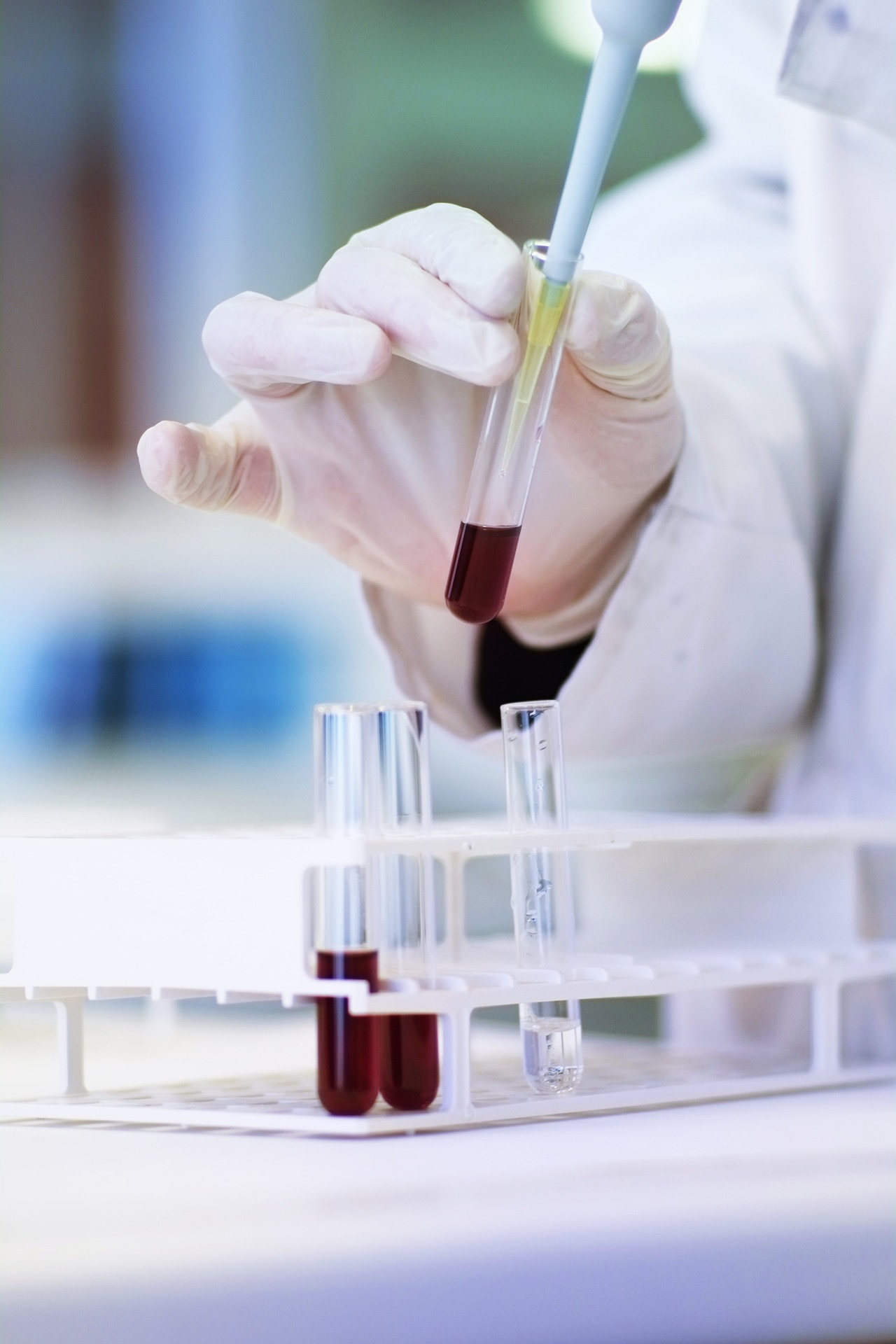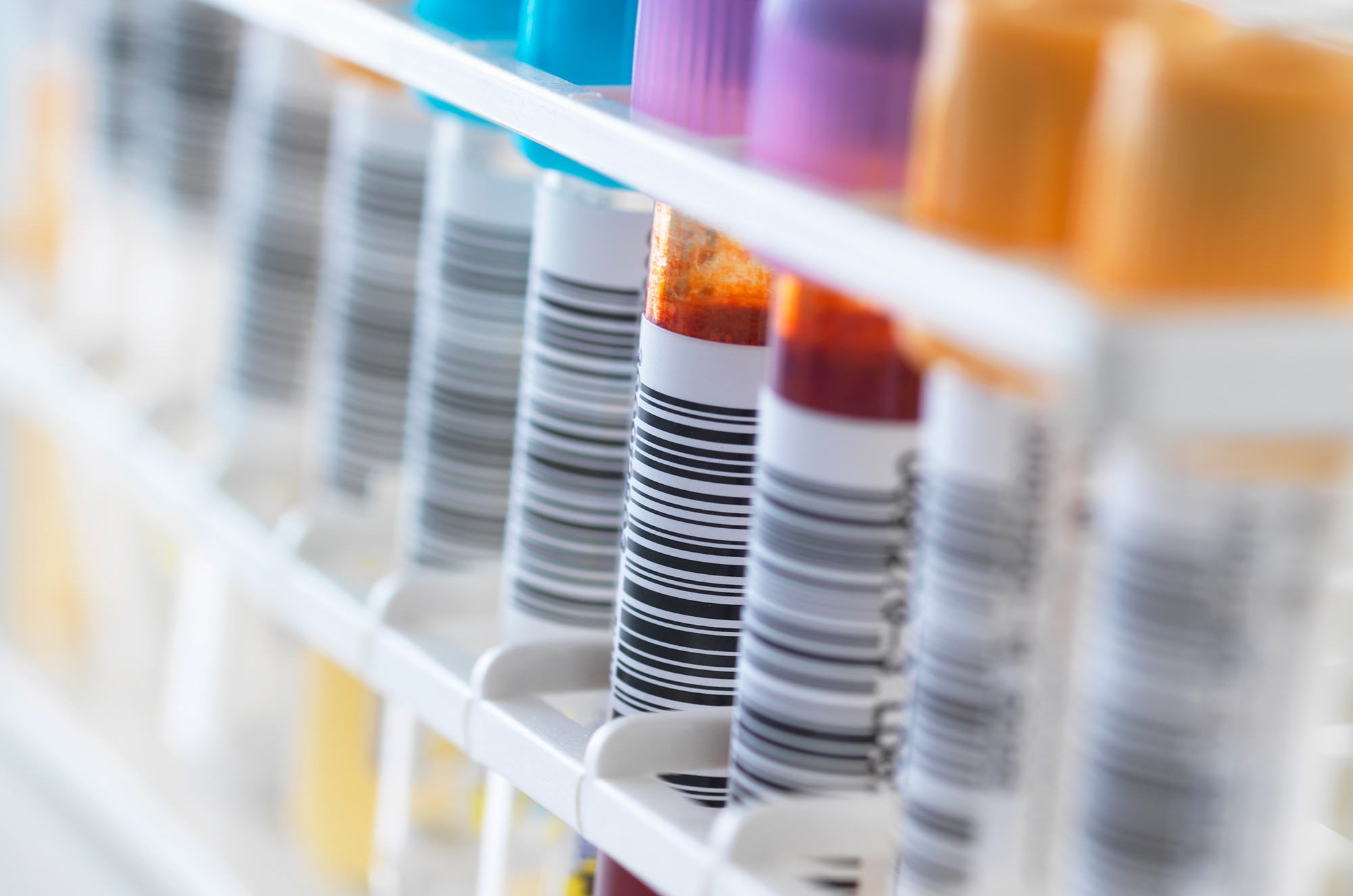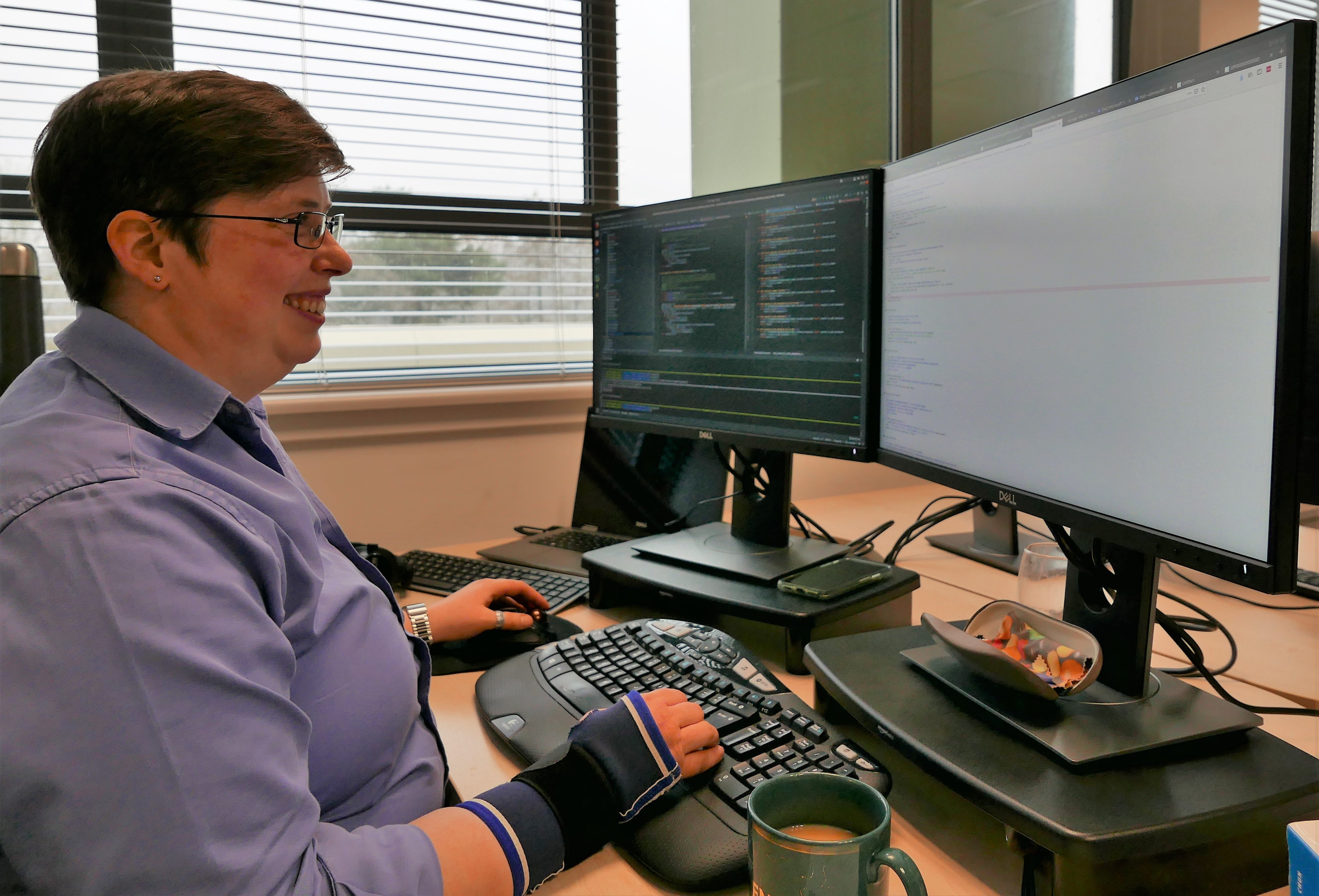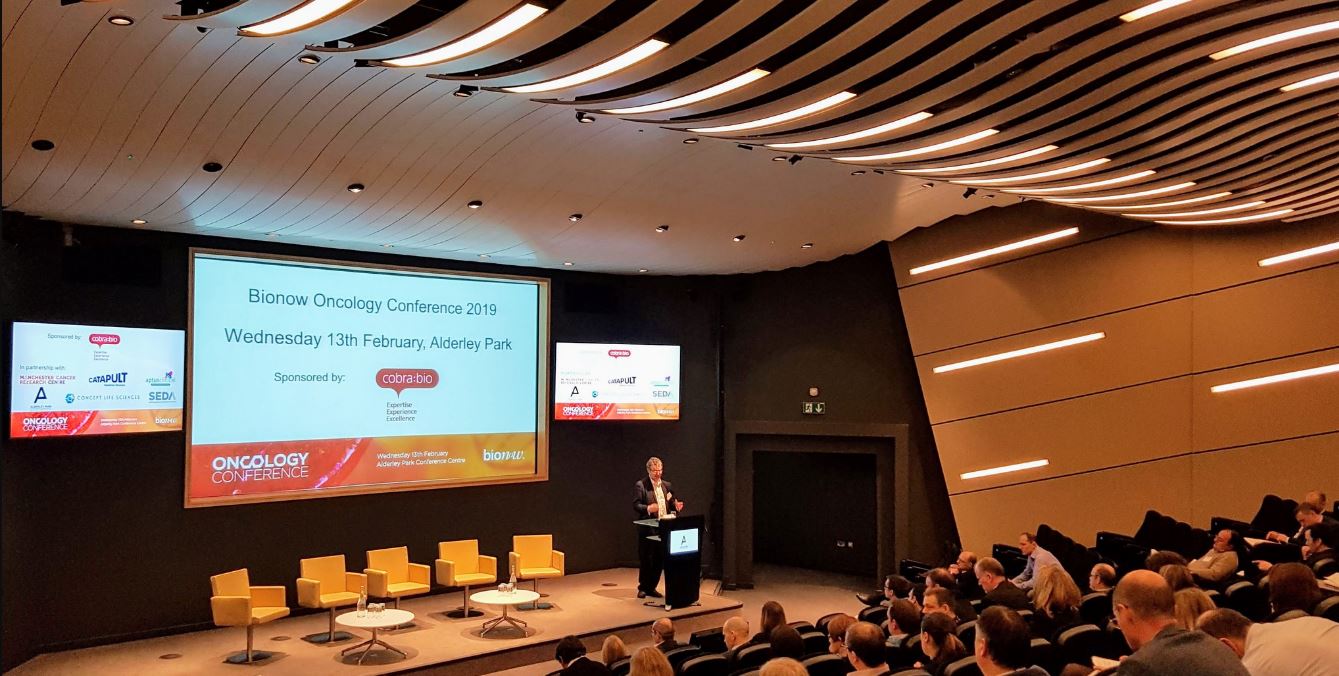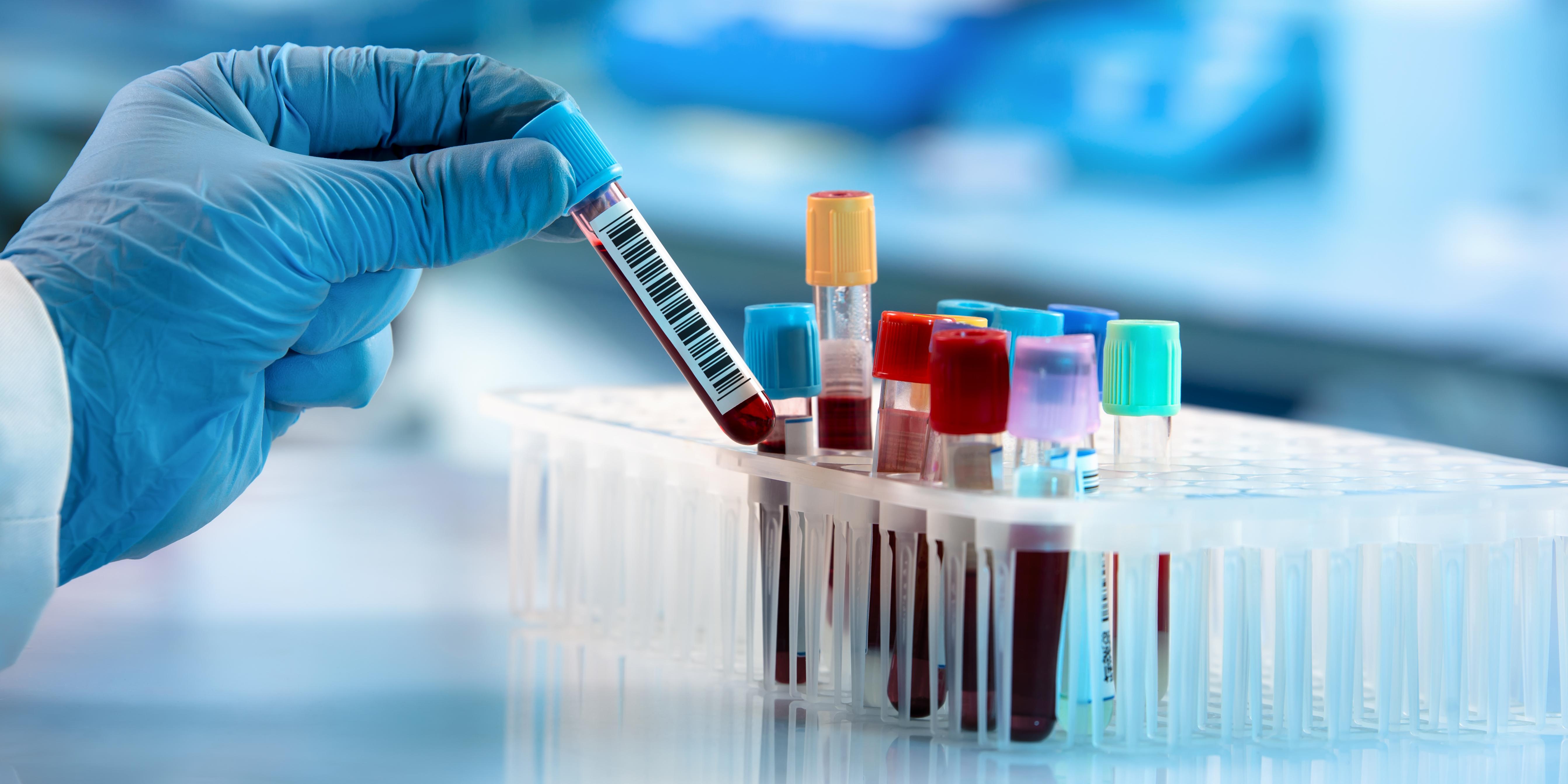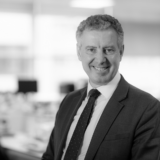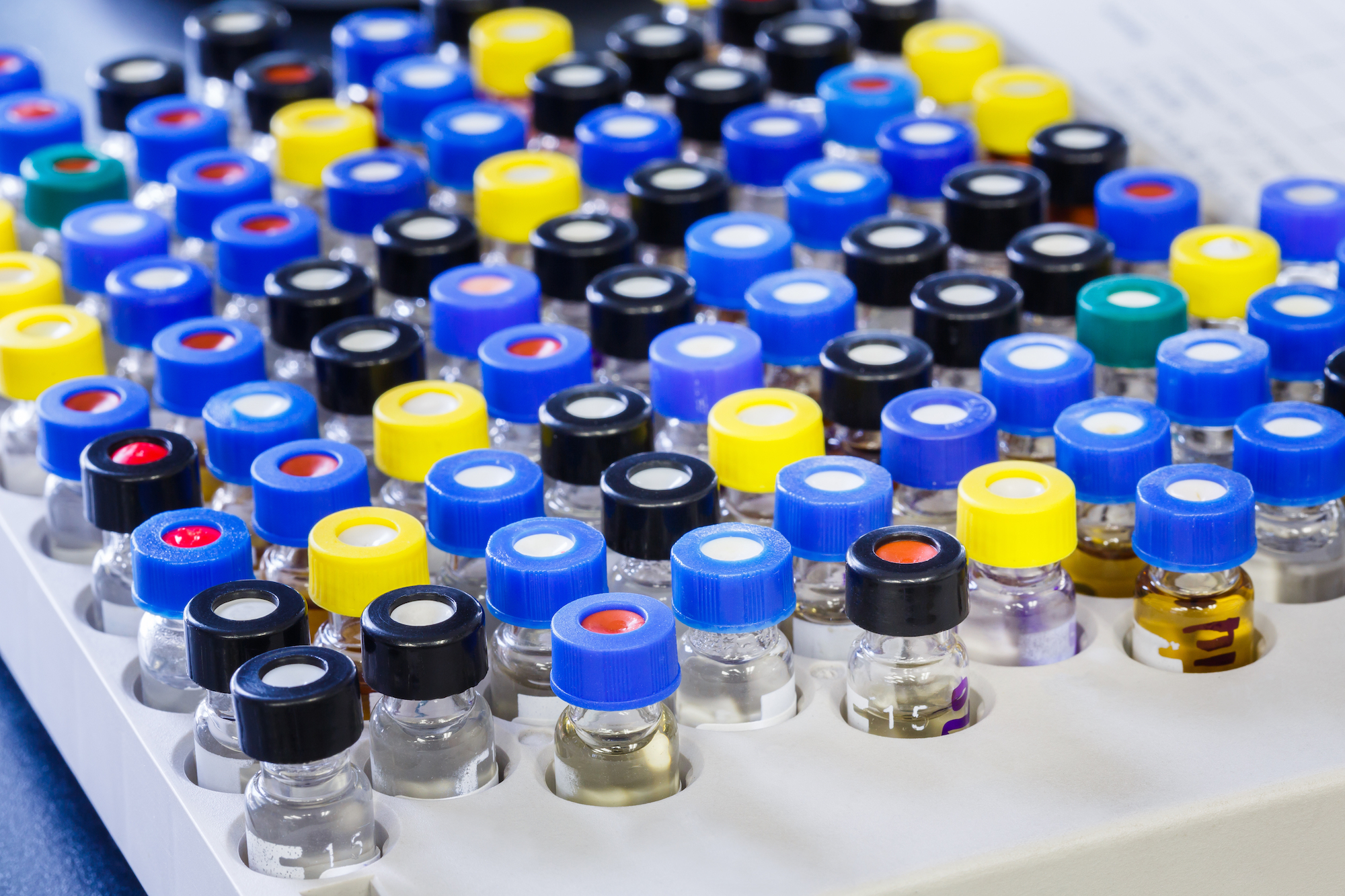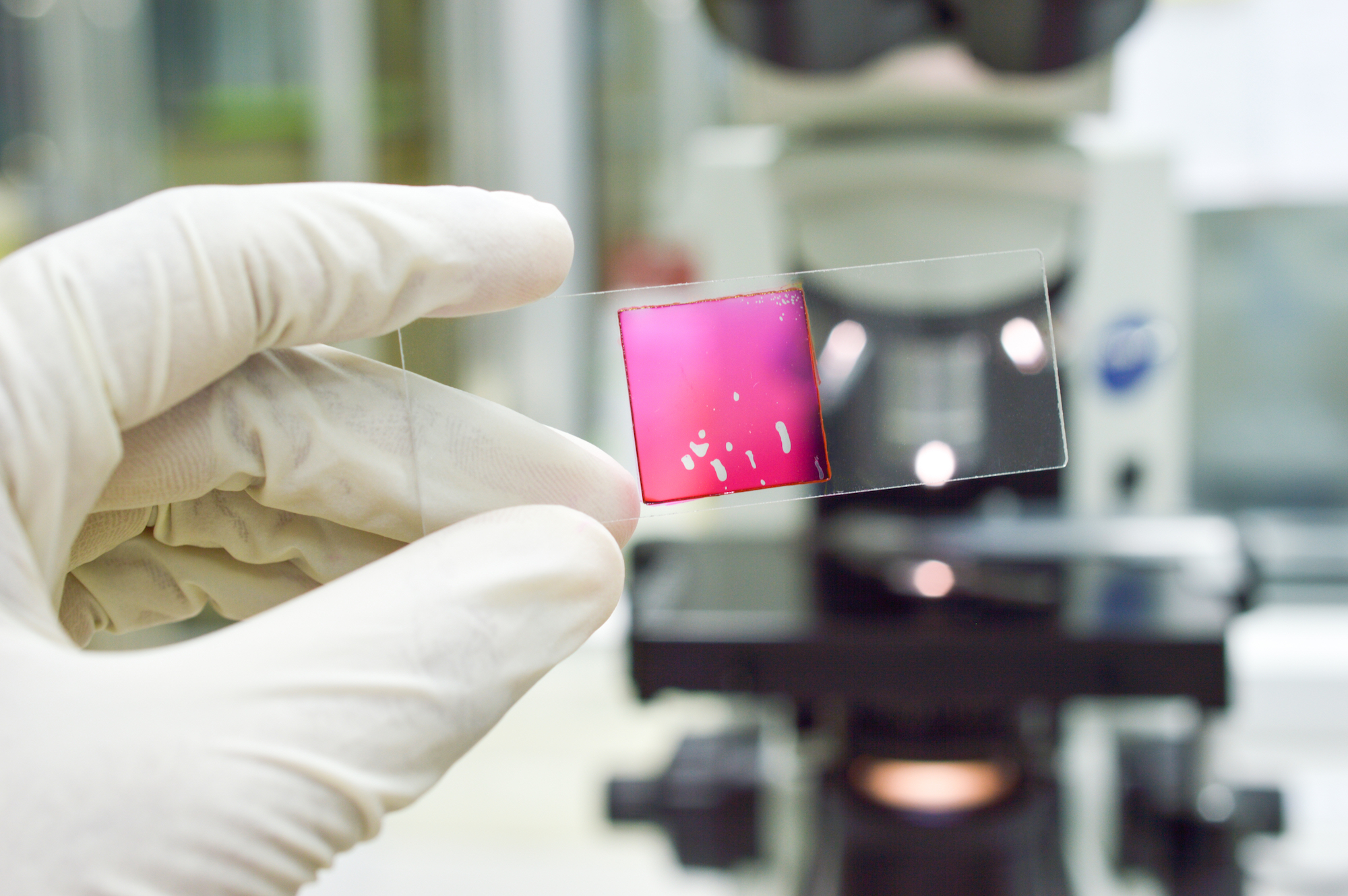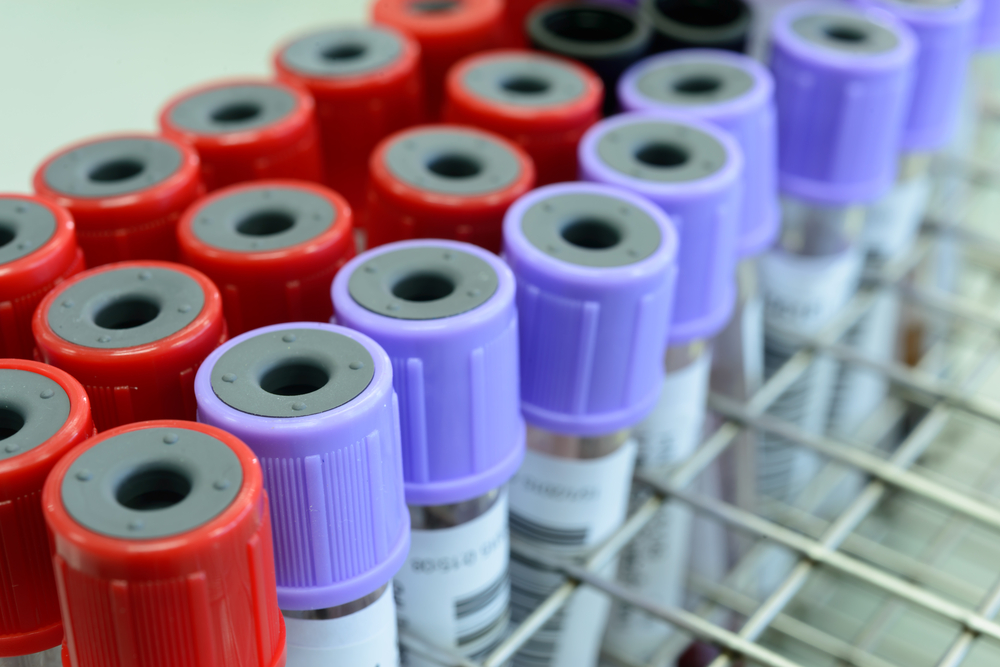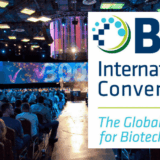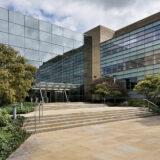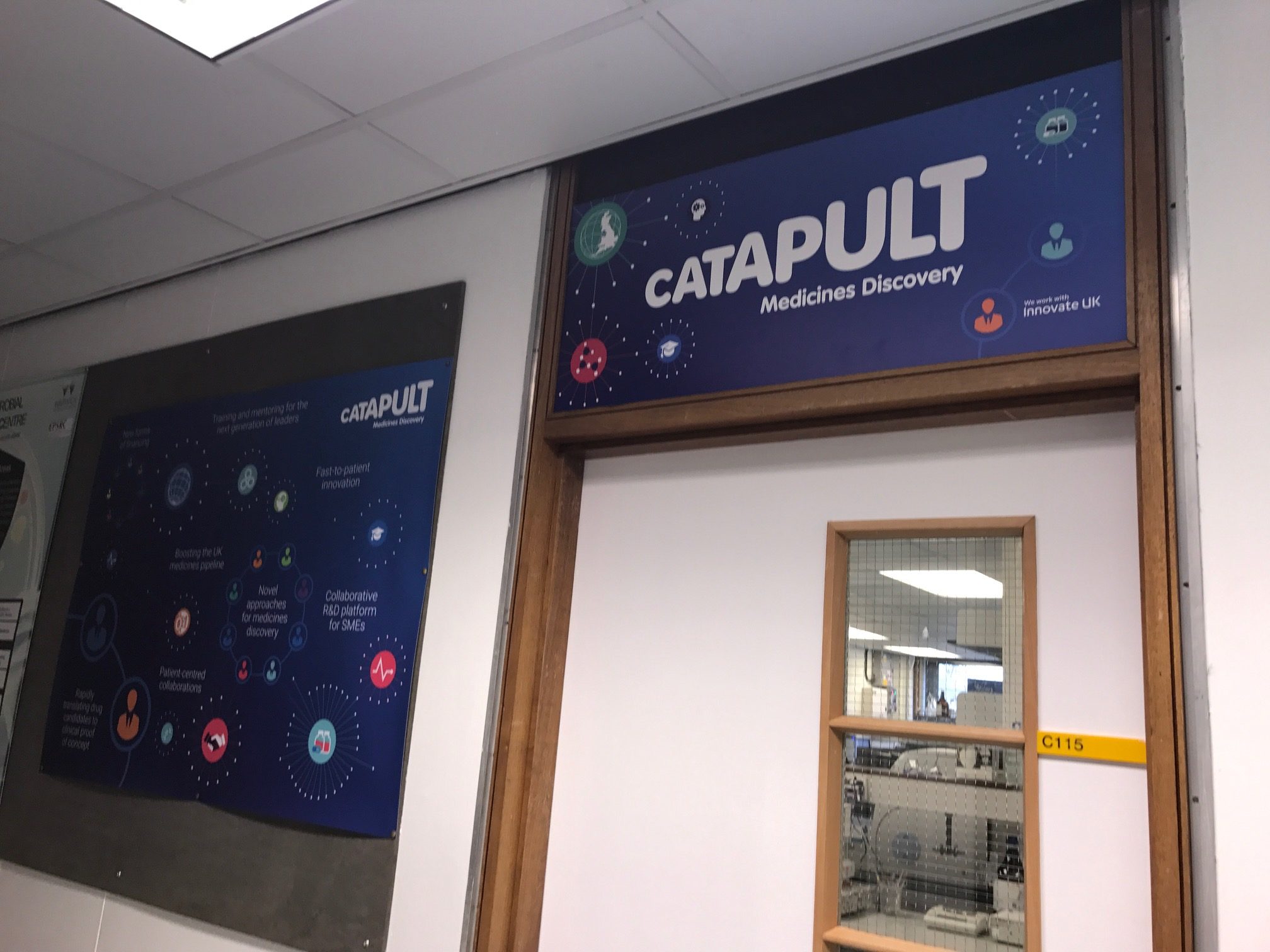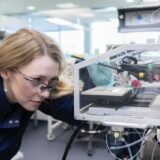Which team do you work in and what does that team do?
I work in Virtual R&D team. Our remit is to support clients drug discovery projects by reviewing their project plans and data, challenging it, and providing proposals to take them to the next stage.
We also work closely with external experts within our network of CROs – we call it the Discovery Services Network- acting as a virtual hub to provide our clients with the required resources and expertise to generate the right data to progress their projects. Quite often, our clients have less than five people who are trying to do a whole drug discovery project, which most big pharma companies would do with thousands of people. It’s really great to be able to help them with the resources they need.
What’s your role within your team?
I’m a lead scientist, and I lead external drug discovery.
I have over 30 years’ experience working in the pharmaceutical industry; my years of experience has given me a bird’s eye view of the whole process but my main area of expertise being target validation. I’ve moved through lots of different disease areas, but I’ve stayed true to my expertise – it’s all about understanding the disease and ensuring that modulating our targets can achieve efficacy, when we get to the clinic. As a molecular biologist, I use molecular biology to carry out things like multi-omics analysis for target expression, target gene manipulations as well as the development and characterisation of disease models using gene signatures and biomarkers.
With particular relevance to my current role in Virtual R&D, I have participated and managed collaborations and large consortia. I am a great fan of outsourcing expertise to the many excellent CROs.
That’s what I bring to the team at MDC. As a team we are all bringing in our specific expertise, along with an overarching experience in drug discovery.
What attracted you to the drug discovery industry and medicines discovery catapult?
I was attracted to science, I always wanted to do experiments in a lab – I absolutely loved it and I could do it as well!
Why I specifically liked going into industry, to do drug discovery, was the application of the research and having that specific need – there is a patient there and we need a treatment for the patient. To meet that need, we have to be innovative and creative but you’ve definitely got your eye on the ball and need to remain focussed.
Also, working in the pharma industry, you work with really large teams – it takes huge numbers of people to develop a drug – working and collaborating with all these people, at a scientific and intellectual level is really exciting. On a personal level, it was really good fun! It’s brilliant to work with all those clever people and I’ve had an absolute ball. If I’d won the lottery, I’d have still turned up to work.
What do you aspire to achieve in this industry?
The aspiration that I have now, after more than 30 years in the business, is to use the experience and expertise I’ve built, to help other people that are embarking on the discovery of medicines.
Tell us about any work you have done that you are most proud of
This is probably going to be taking us back in time, about 15 years ago when I was at AstraZeneca. I pioneered the repositioning of candidate drugs as an approach – this is really quite established now and been adopted by many big companies. There will have been many people pioneering it at the time, but I was a pioneer at AstraZeneca – it was very new.
What we wanted to do was look at all AstraZeneca drugs; those that had failed once they got into clinical development, and even those that were still in clinical development, and actually look at to see whether or not you could reposition them in my disease area in osteoarthritis. I had to go out and convince people about the repurposing approach and then allow us to work with their candidate drugs.
We were successful in getting the approach off the ground and running it for our disease area. Based on the success, it became a company-wide initiative that went on for many years after and indeed, it’s a very established approach these days.
It was exciting and I am very proud of it because it’s always good to be a pioneer!
Tell us something you like doing outside of work.
I’ve got a little farm with a lot of animals on it – I’ve got pigs, sheep, and hens. The thing that takes up most of my time is my horse – I do a lot of riding and competing.

